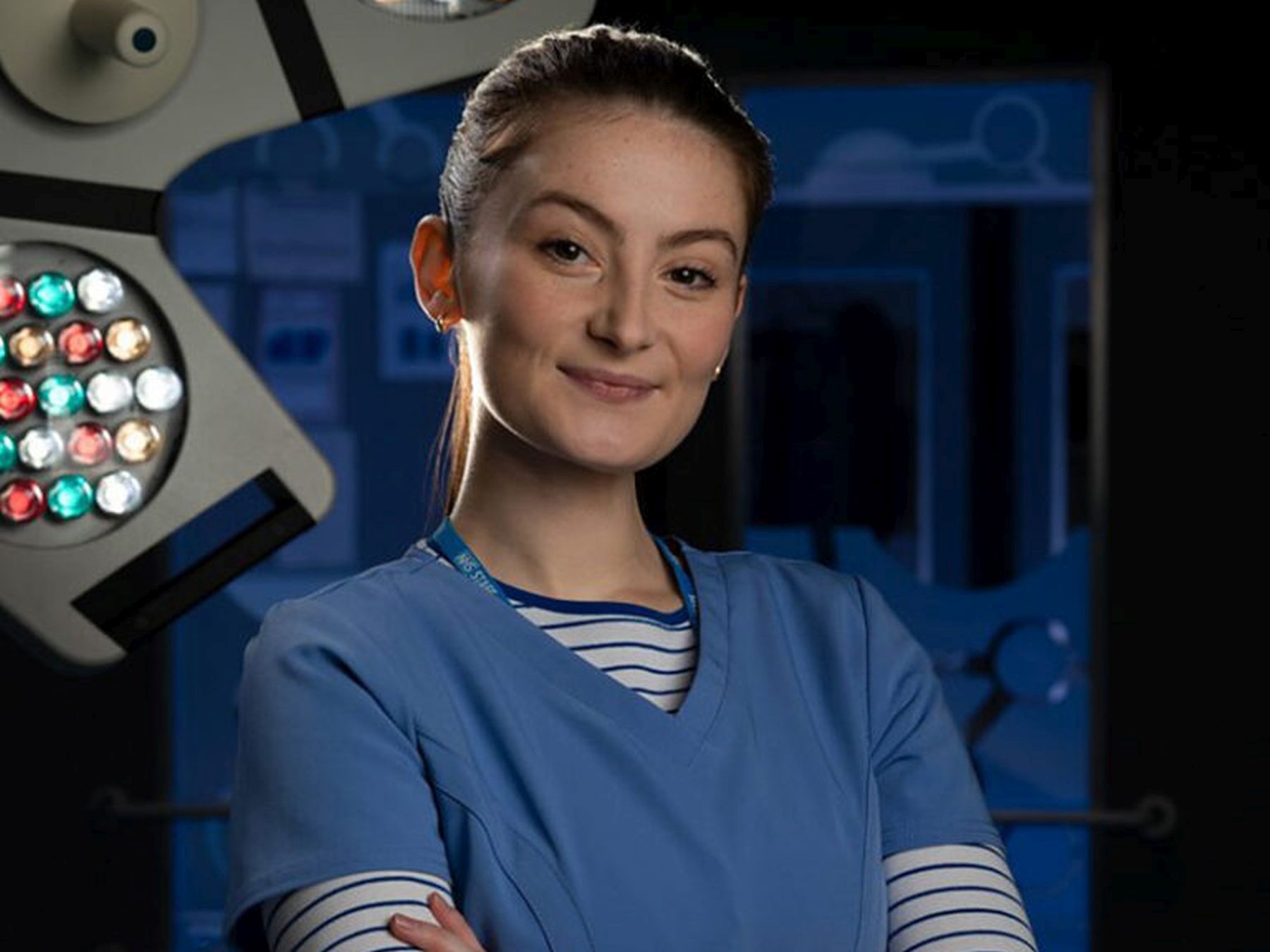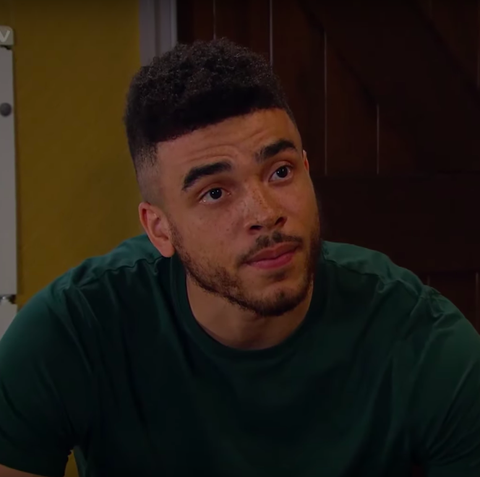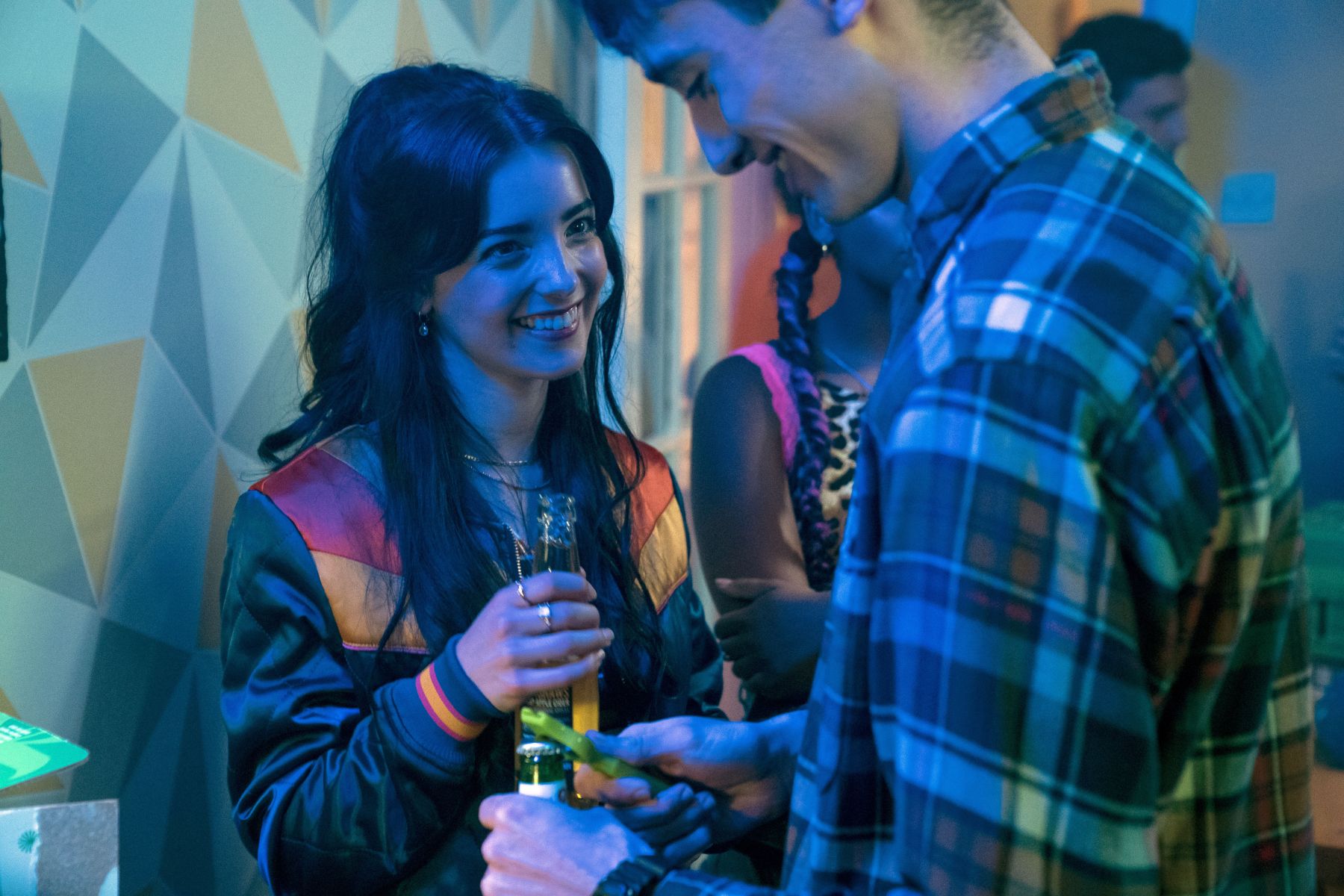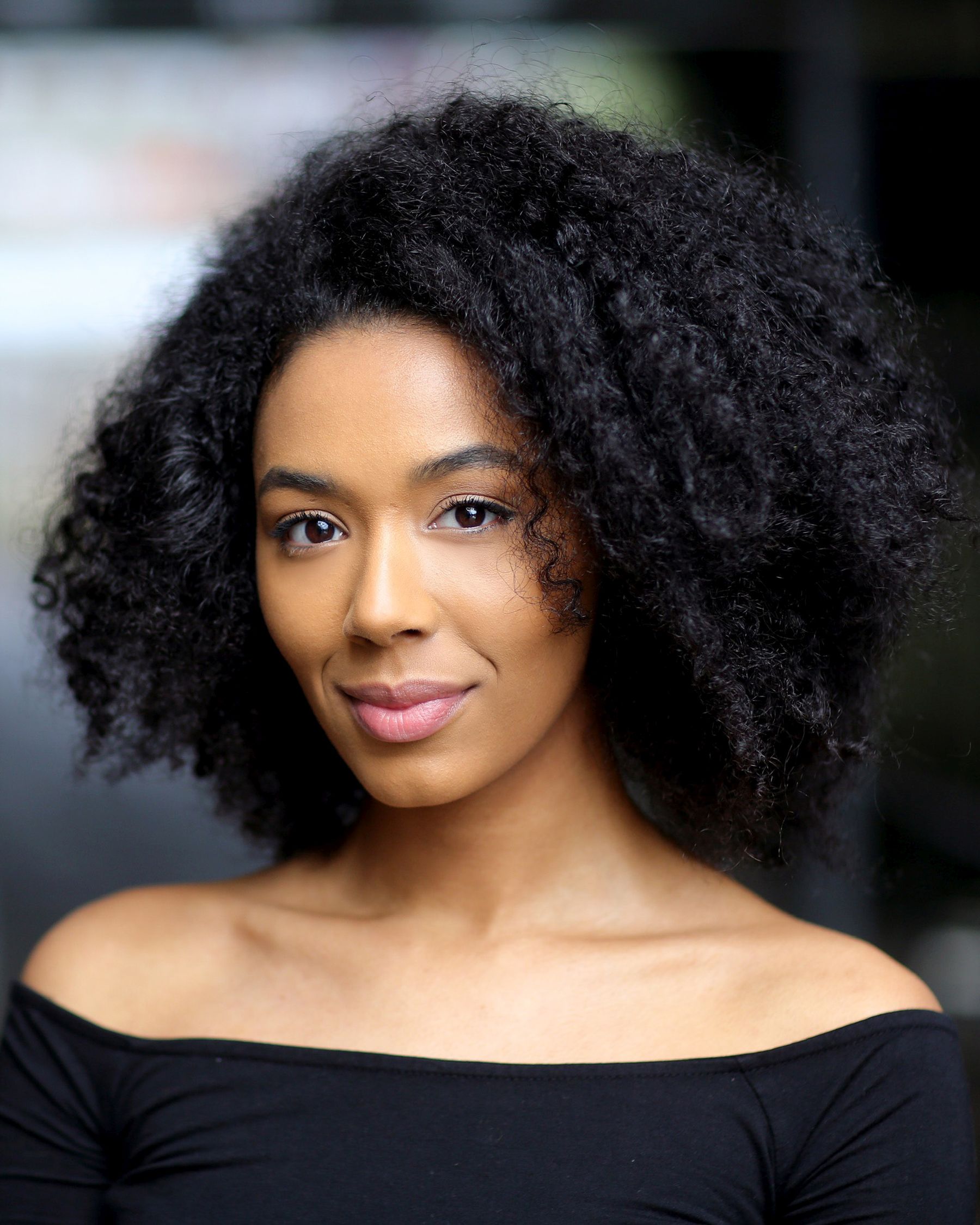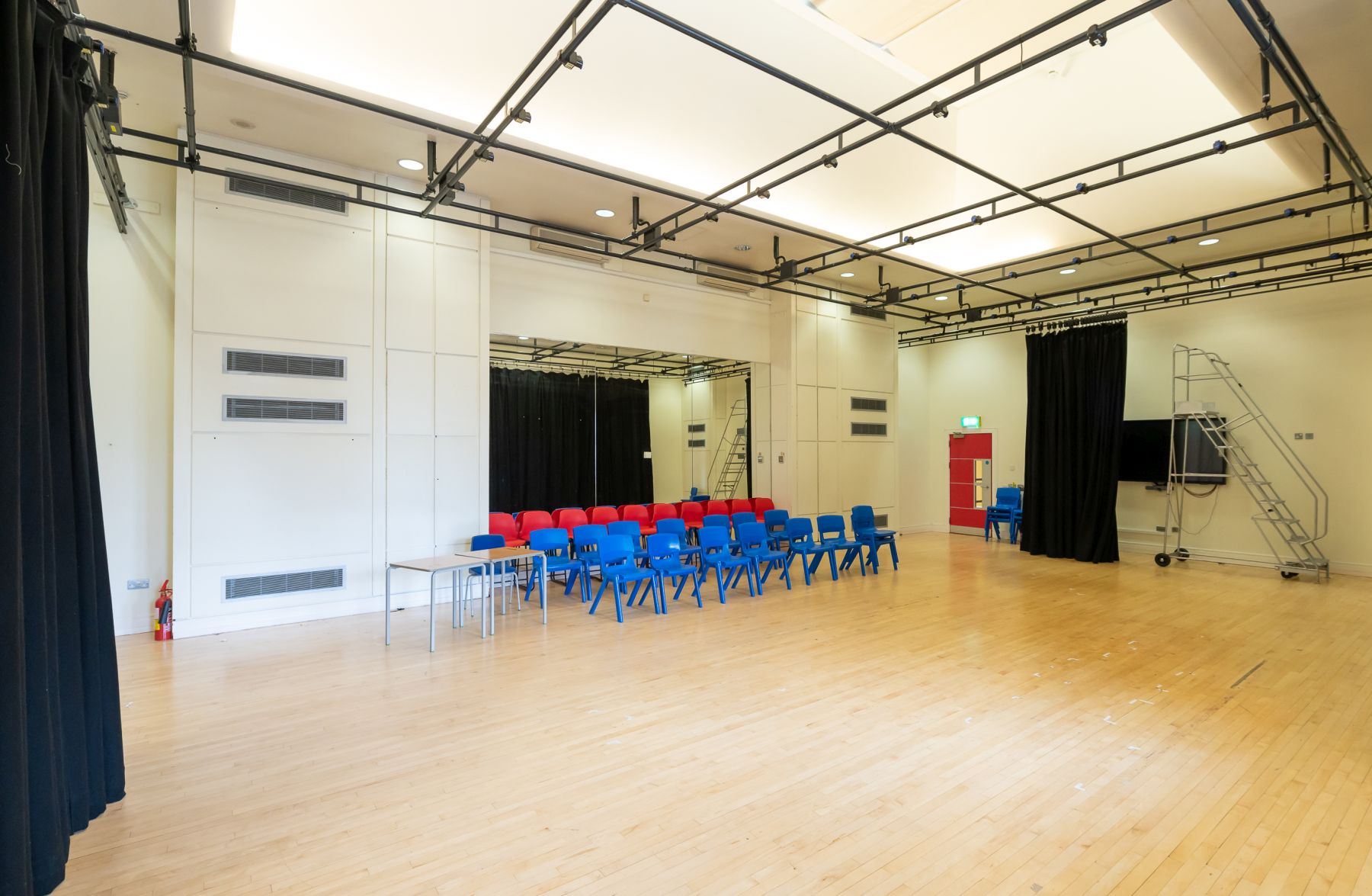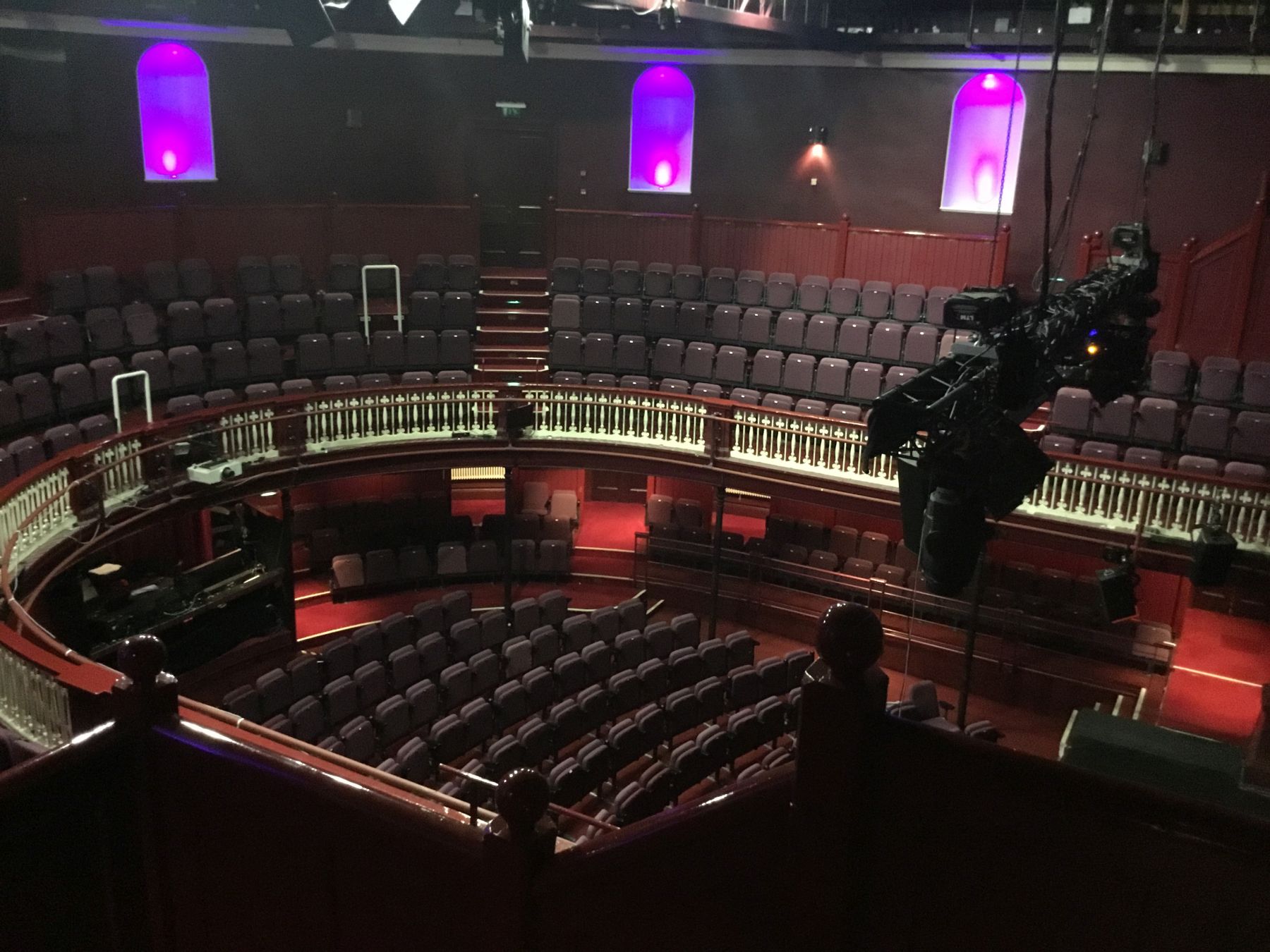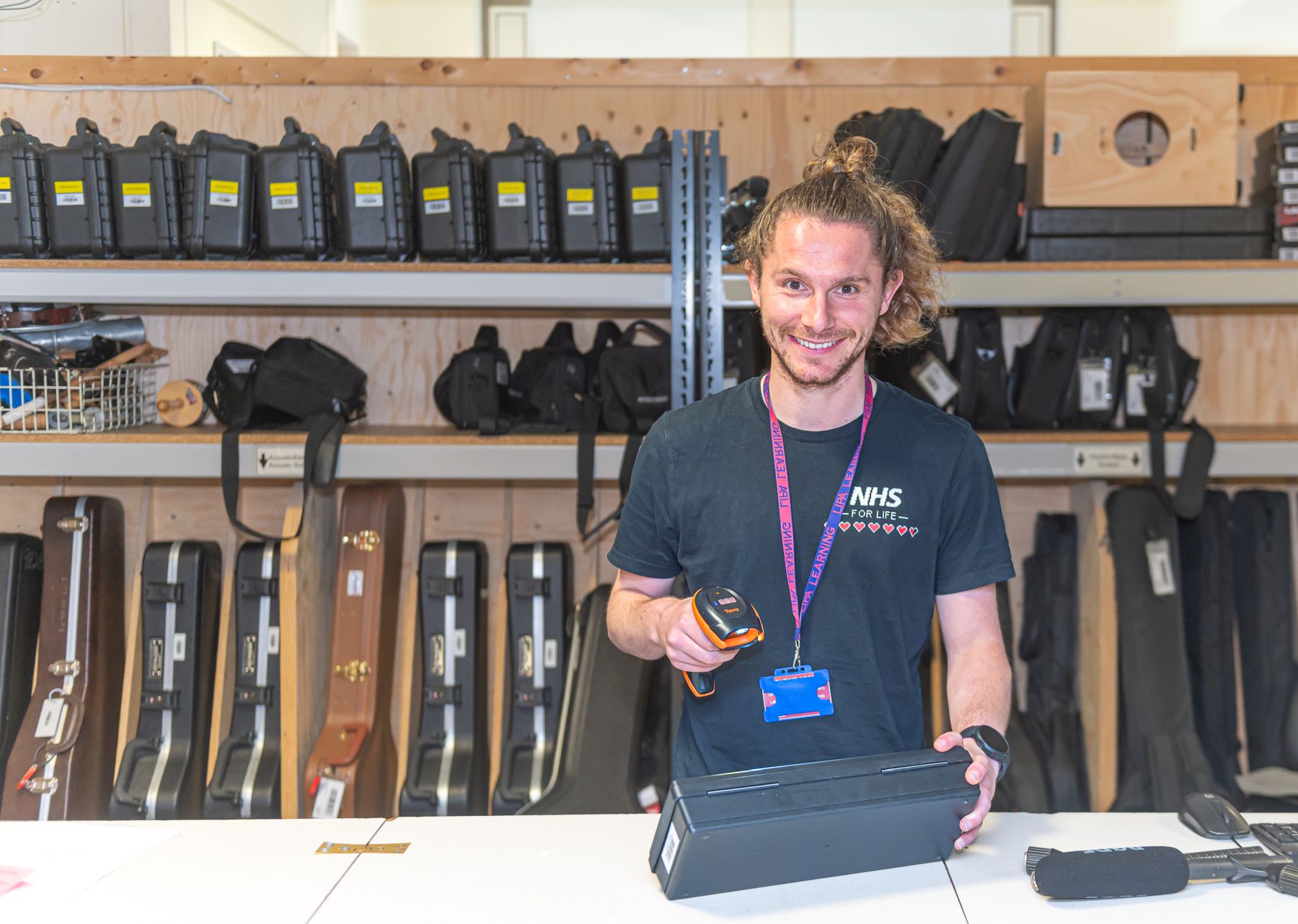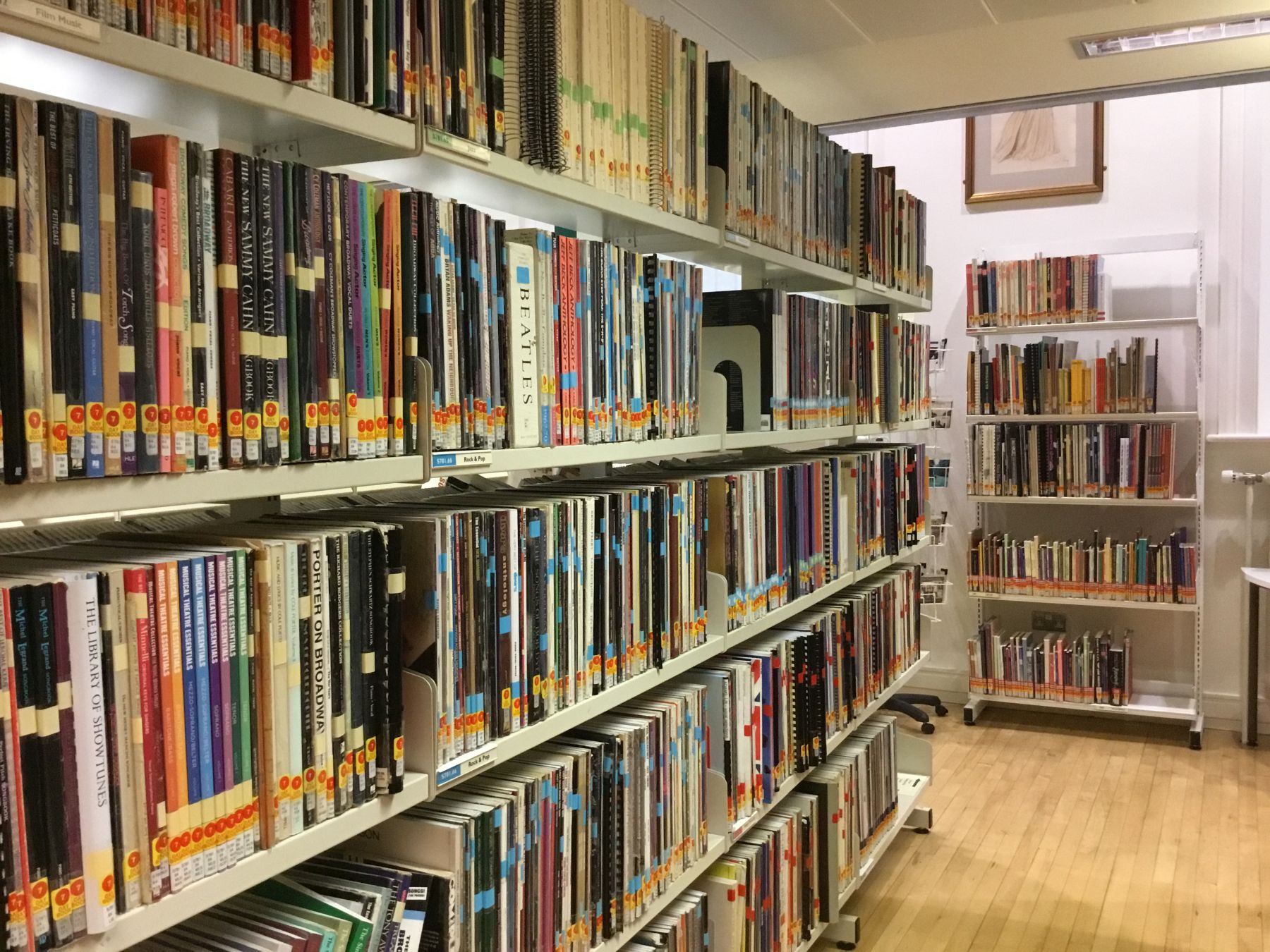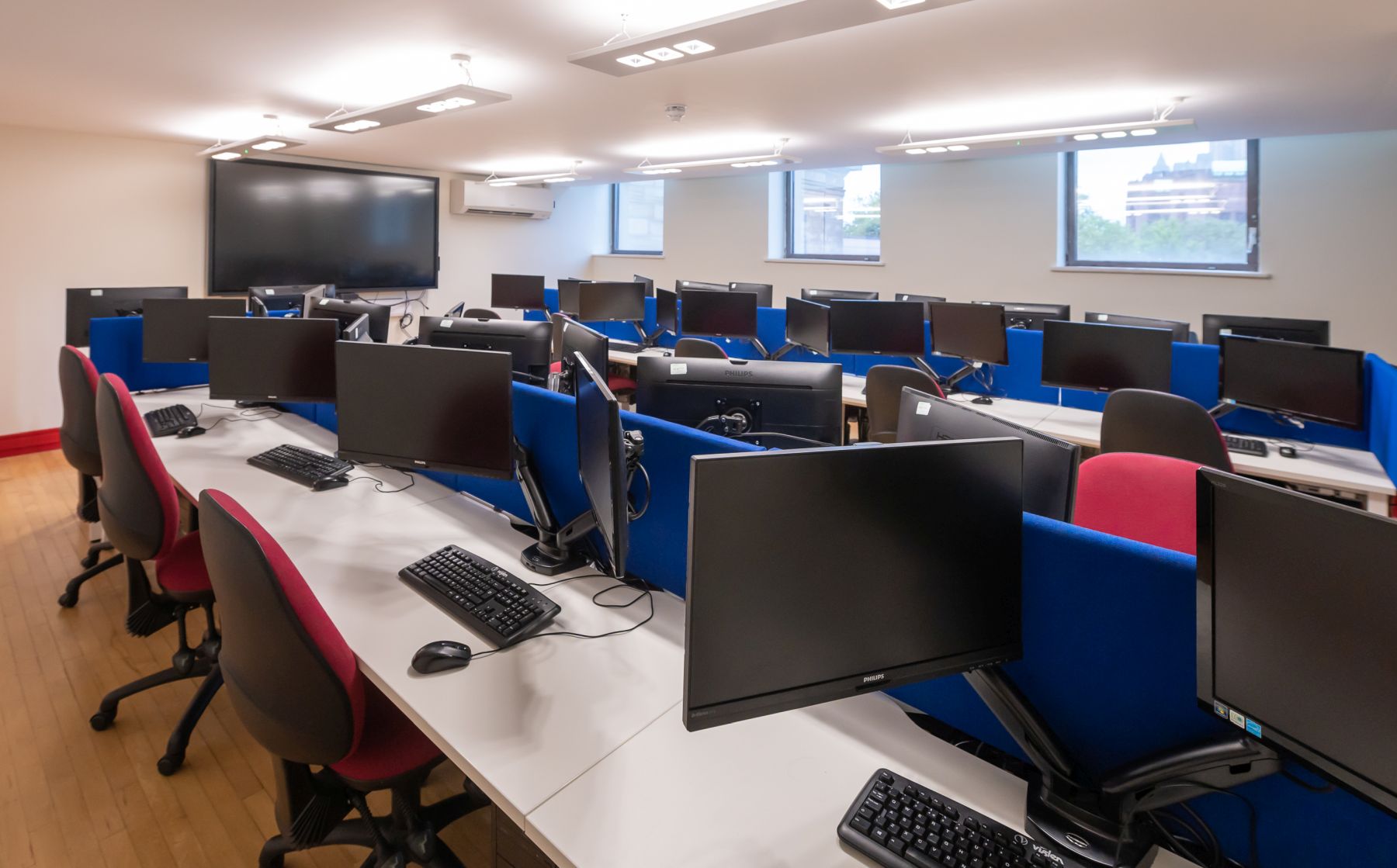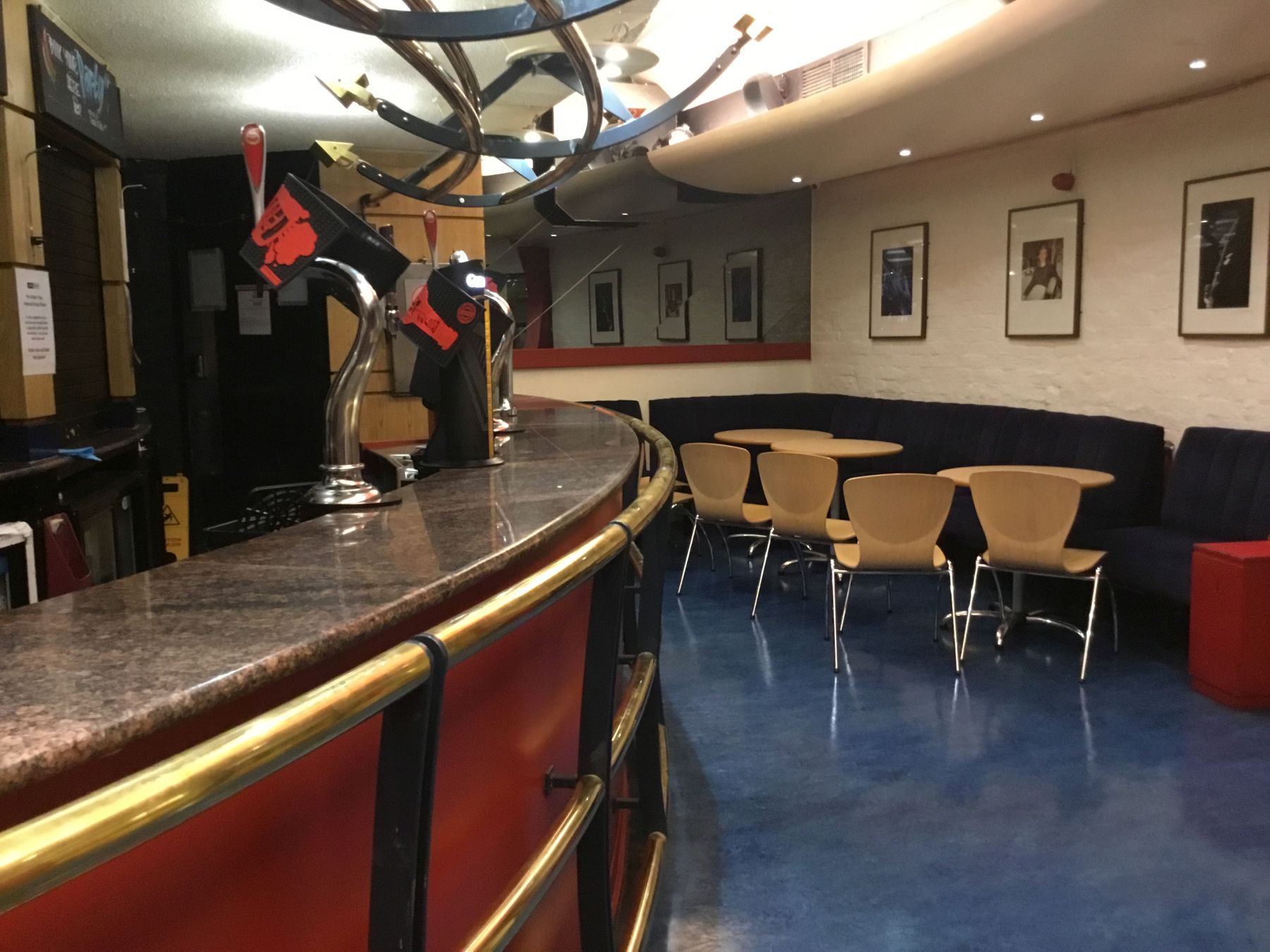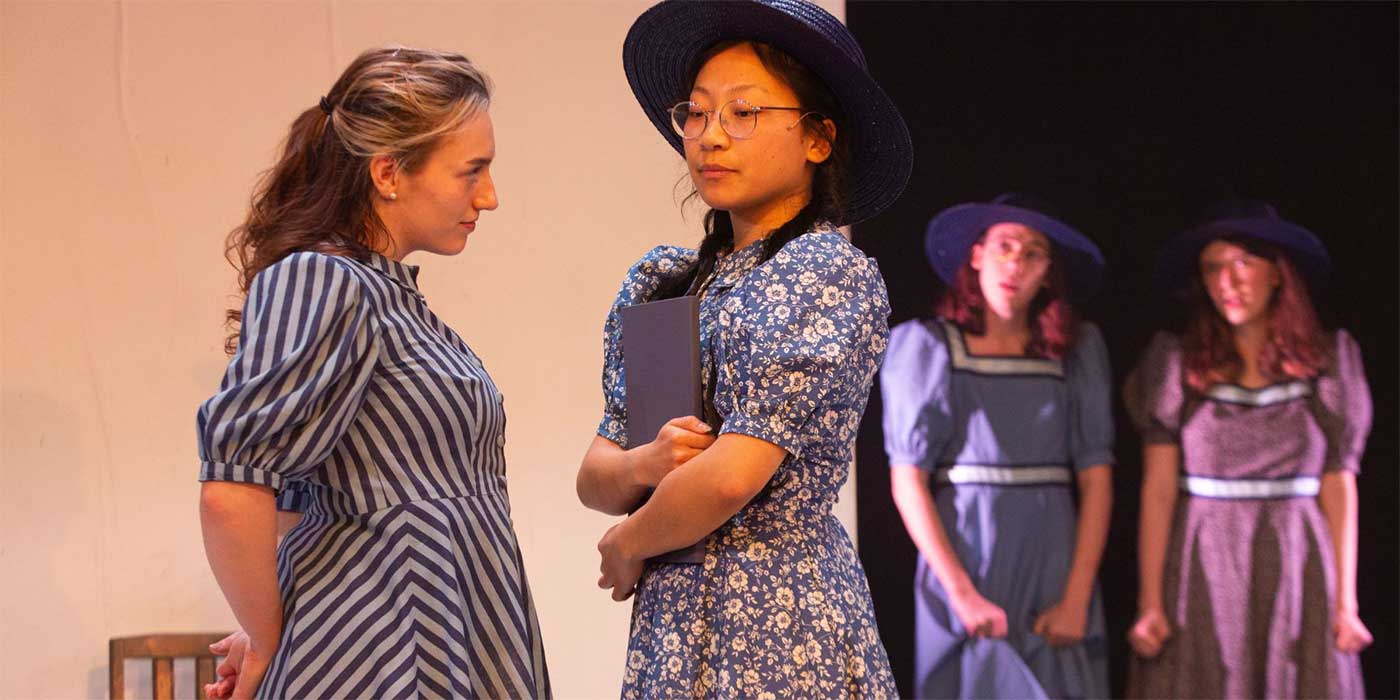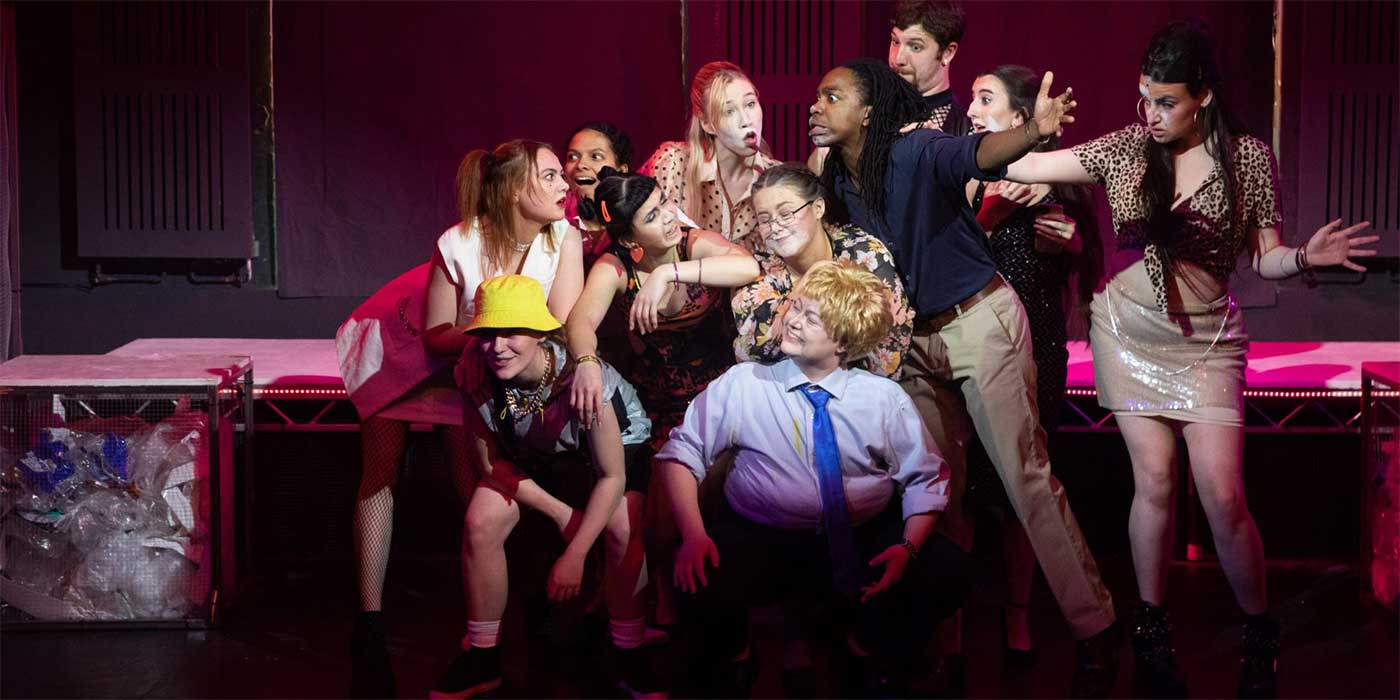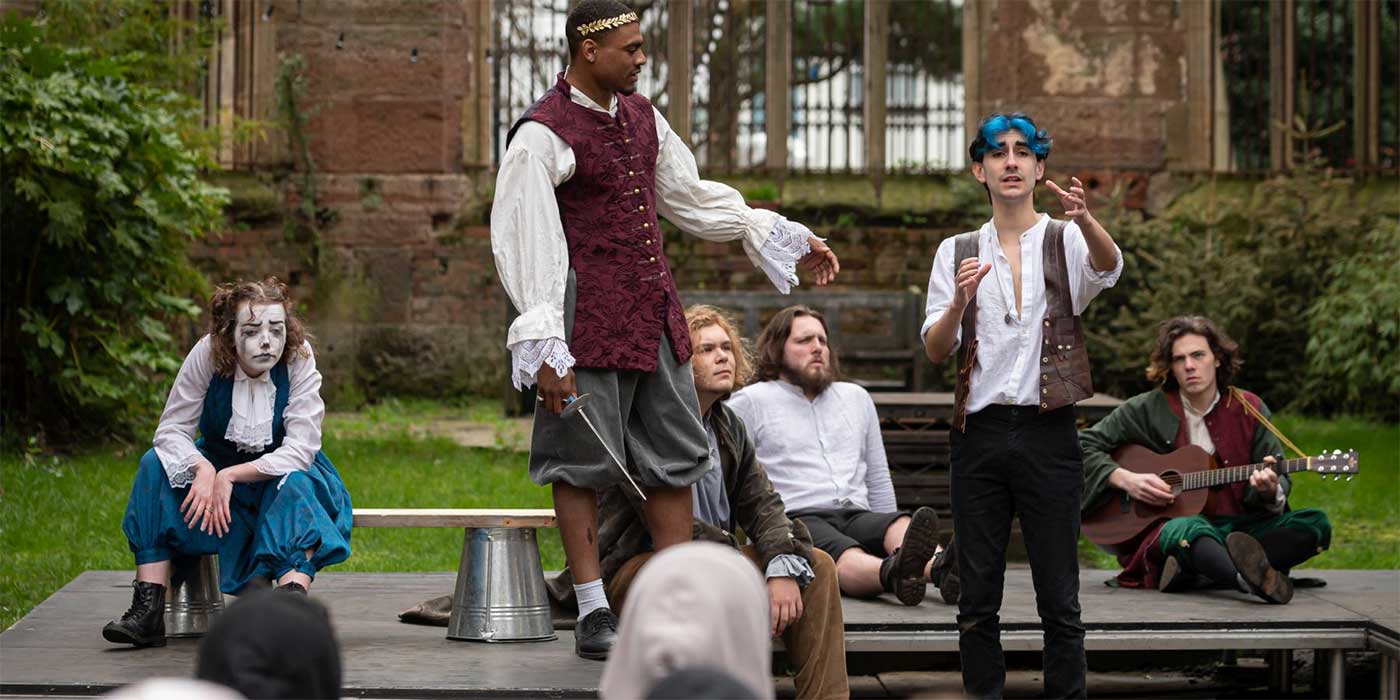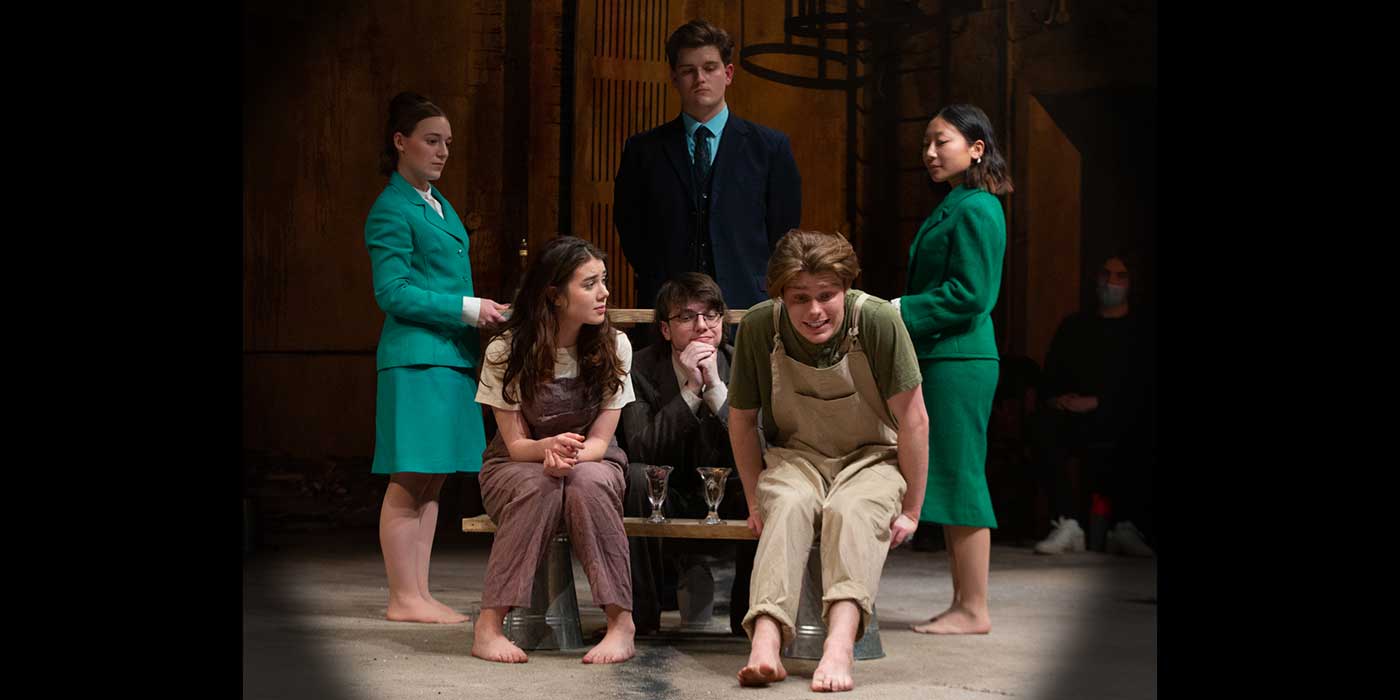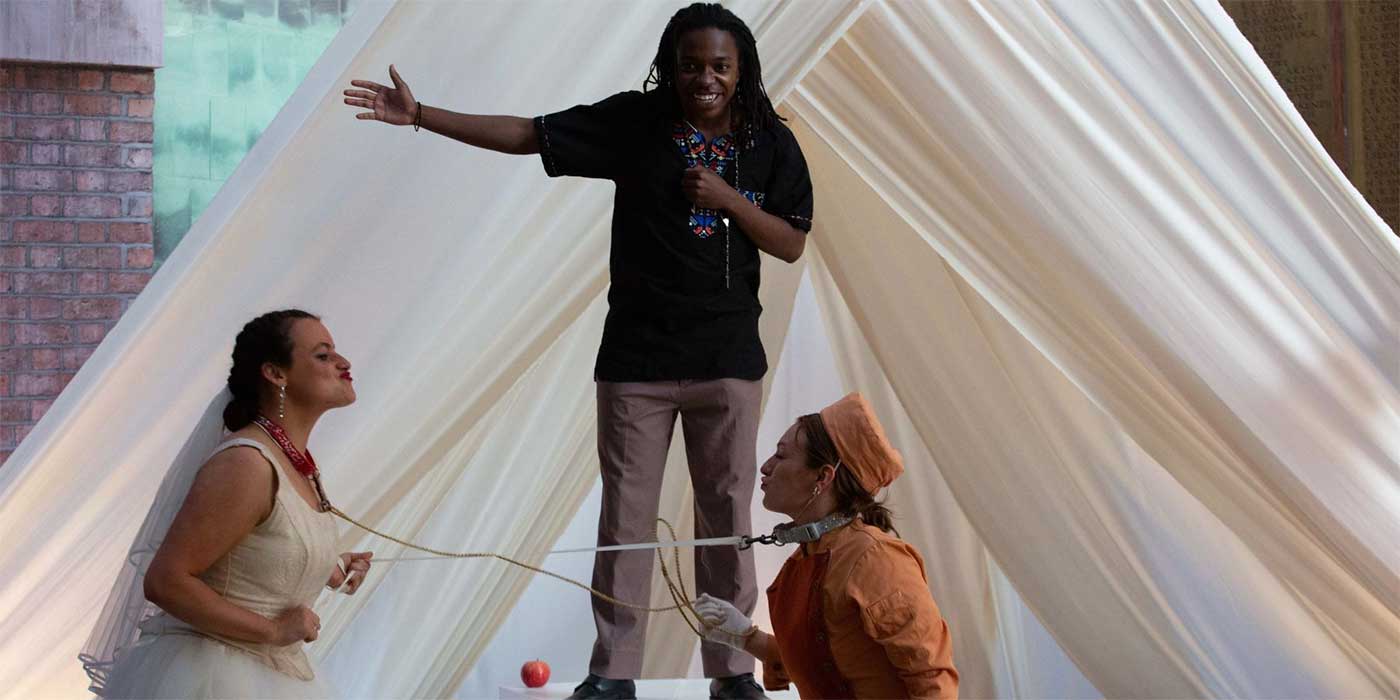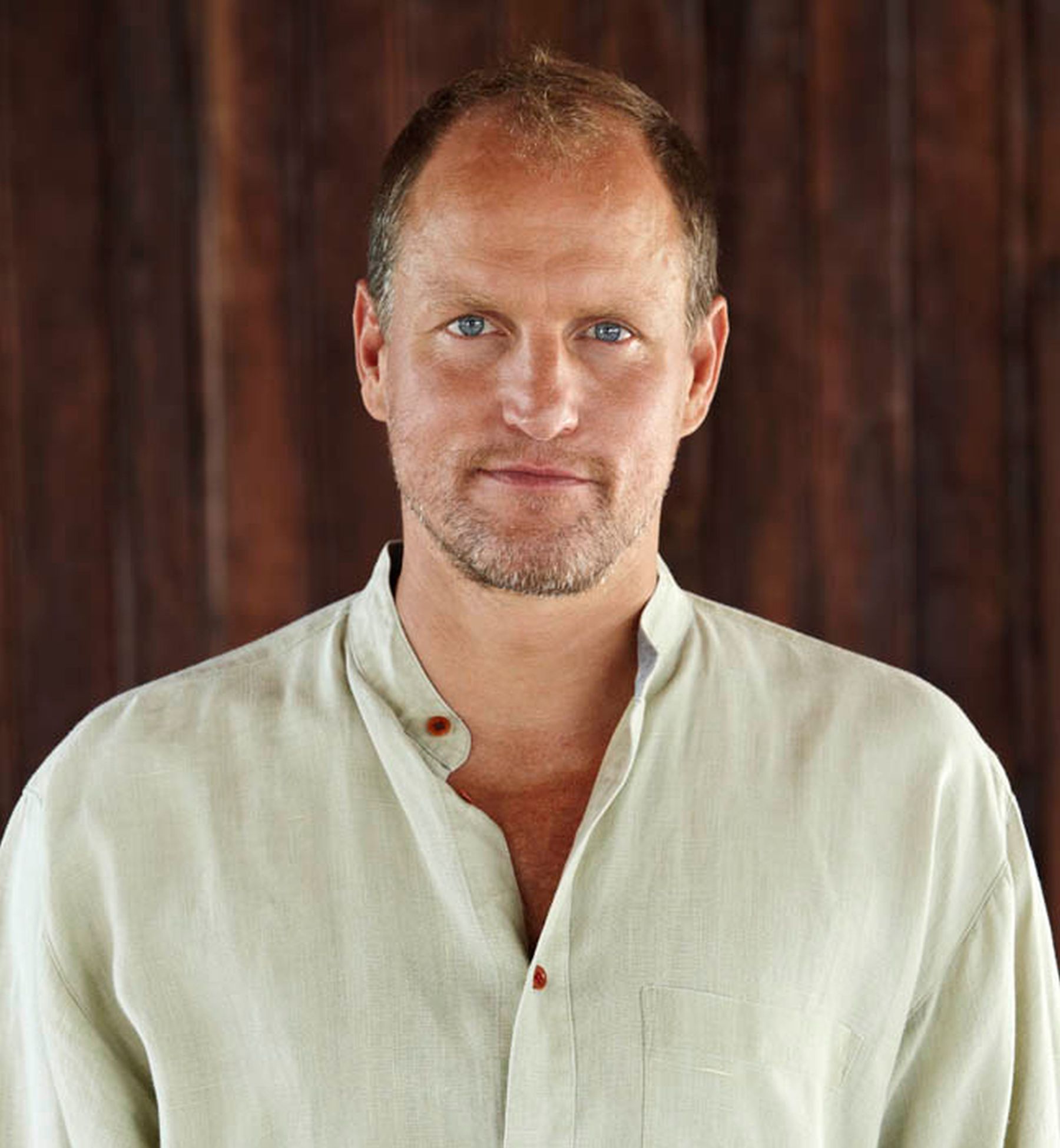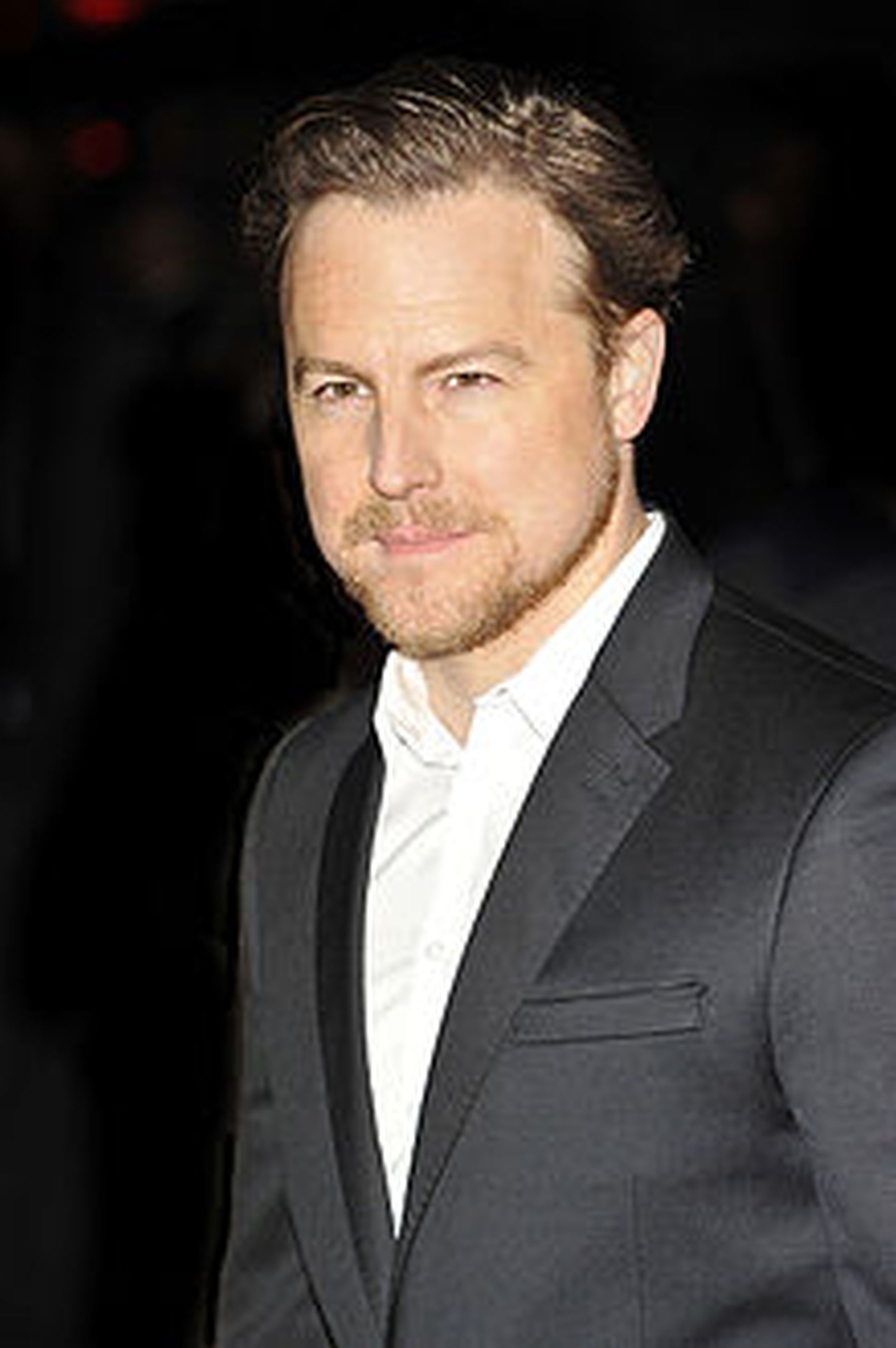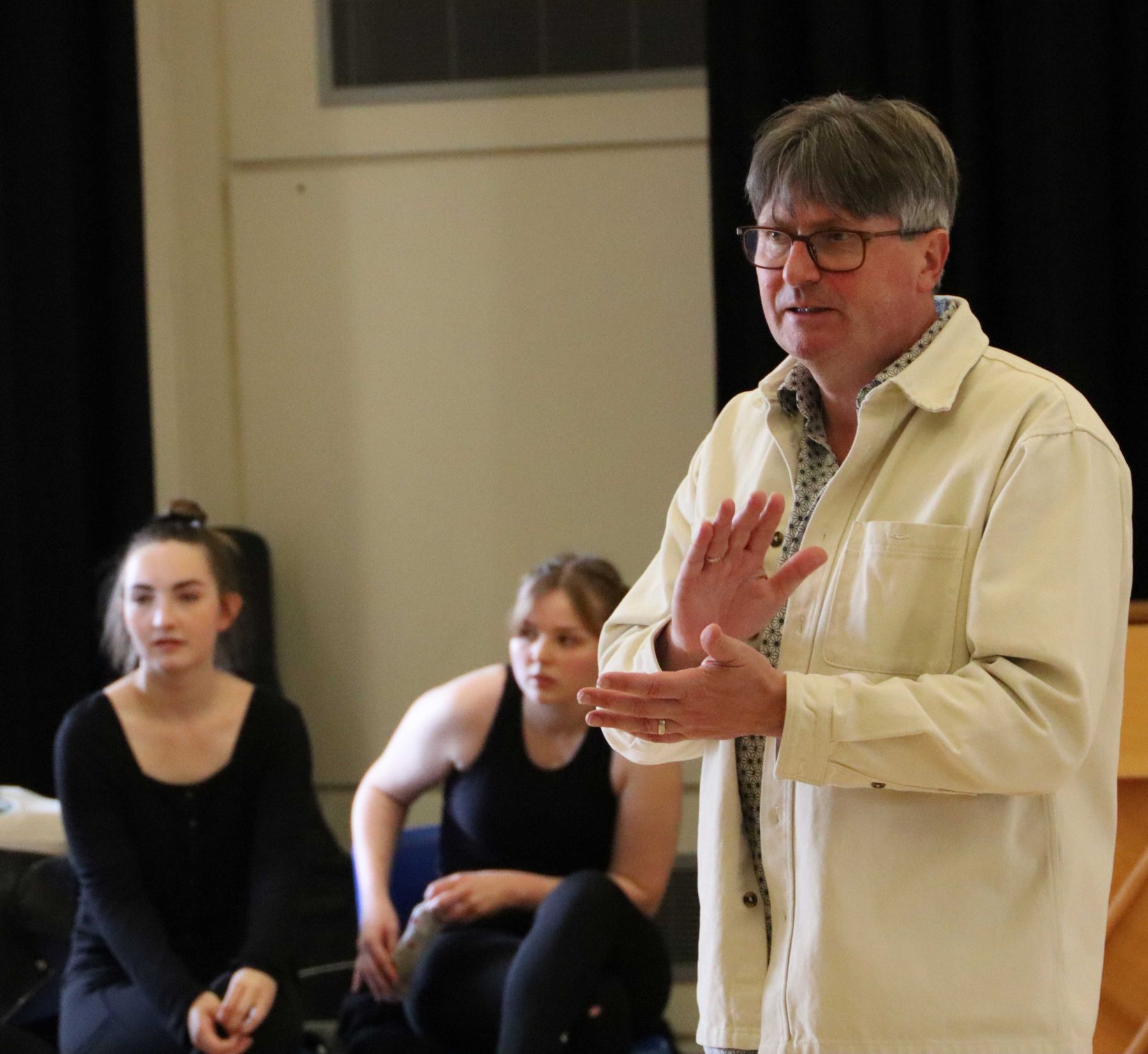Course
Overview
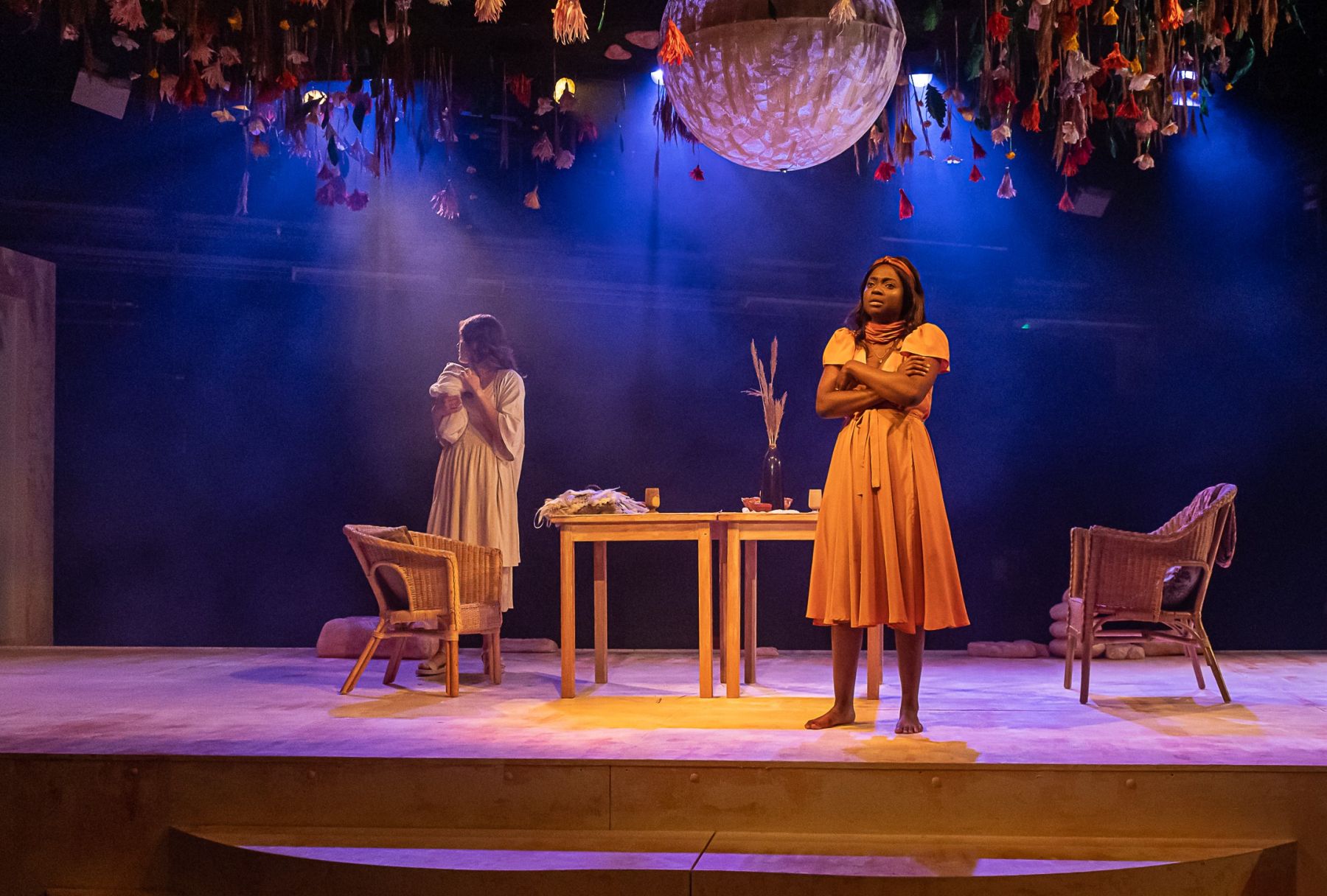
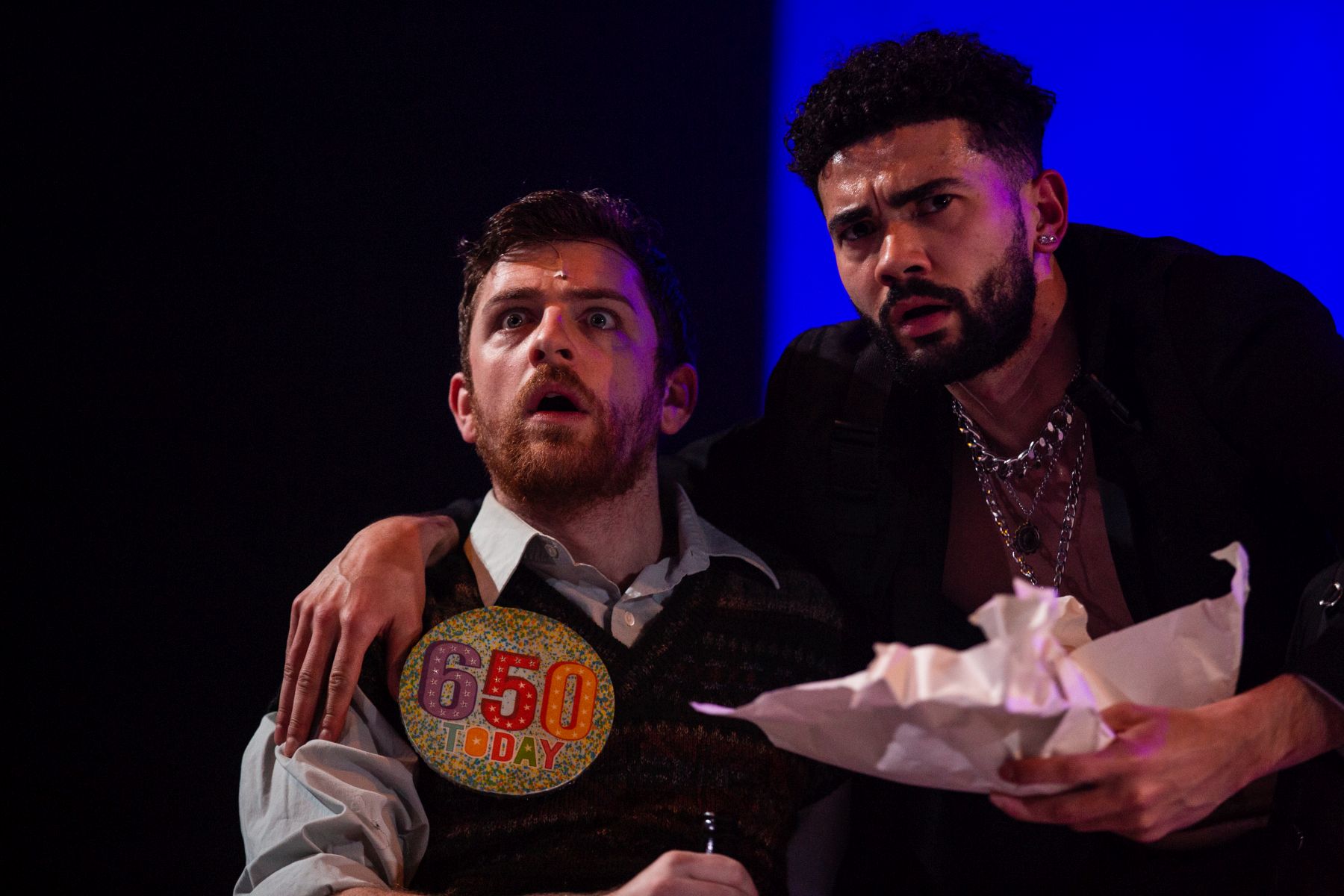
This course creates versatile and agile actors who can thrive across contemporary and classical theatre, film, TV, radio, and digital media. Equipped with essential technical skills, you develop your unique performance qualities as you become a highly skilled and inventive practitioner.
Your training starts with technique and application, with performances to your peers as you play and experiment. You will then develop your own personal process and identity in your first public performances. In your final year, you work on impactful public performances, prepare a portfolio of digital material, take part in industry showcases, and create and perform in our festival of new work.
Accredited By:


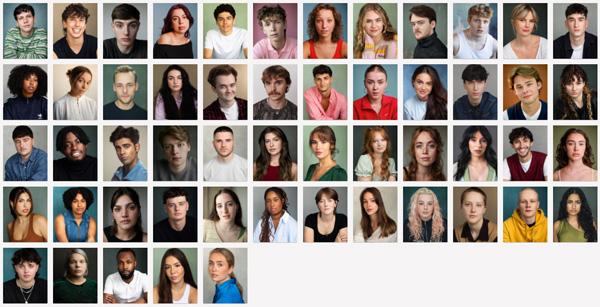
GRADUATING ACTORS 2025
It is with great pleasure that we present our graduating Actors from BA (Hons) Acting and BA (Hons) Acting (Screen & Digital) for 2025.
What You Will
Study
The Actor’s Preparation: Acting Principles I
In this module you integrate acting, movement and voice skills as you are introduced to, then deepen your understanding of, conceptual approaches to acting. You also learn the importance of your own lived experience to your craft. You examine different practitioner approaches and develop the practical skills for a naturalistic Stanislavski-based approach. Working with others you tackle contemporary material, which provides a framework for textual analysis and the application of technique for both stage and screen work, performing your work-in-progress to your peers. Underpinned by movement and voice studies – with an introduction to vocal and physical anatomy and physiology, this module culminates in project work that enables you to refine these fundamental skills in a staged peer presentation.
The Actor’s Preparation: Acting Principles II
In this module you advance your technical application by working on challenging, established and respected texts. In character creation you integrate psychological, physical and vocal approaches in an intensive project as you bring greater emotional depth and meaning to your work. Your movement training will help you to understand weight, tension, effort, rhythm and ‘animal’ characteristics; voice sessions assist your understanding of vocal resonance, range, accent, speech and text in a staged presentation to peers. Your screen work continues as you learn to adjust and adapt naturalistic approaches for different mediums, as you expand your technical vocabulary and understanding.
The Actor’s Preparation: Acting Principles III
In this module you develop a more independent and creative approach to character generation and the rehearsal process. You test your ability to use different technical approaches in directed workshop performances of respected nineteenth century theatrical works to an invited audience. This project also enables you to demonstrate your originality and ability to create brave and believable naturalistic work. In your physical and vocal work, you learn how to eliminate tension and self-consciousness.
Artistic Practice I [Shared Module across all BA Acting courses]
In this module, you will develop the necessary skills to create original work and extend your ability to work as part of a creative ensemble. Narrative and performance sessions include devised, verbatim and site-specific approaches to generating original works. As part of a small group, you create a short staged, digital or audio performance. Alongside creative skills you undertake research and development, understanding cultural perspectives and audience demographics to ensure your work is relevant to a contemporary audience. You are introduced to business and enterprise skills so you are familiar with the practicalities of staging and managing an event.
The Actor’s Process: Project I
This project provides you with the hybrid practitioner techniques to develop advanced acting approaches. You begin to adapt and adjust your technical knowledge by applying it to different mediums, styles and genres of performances as you expand your abilities. This includes two live workshop performances to your peers. You are encouraged to consolidate vocal and physical choices so that you can create your own personal acting process for live and recorded works.
The Actor’s Process: Project II
This project enables you to test your developing process by applying it to heighted works, including Shakespeare and digital platforms. You take further responsibility for realising the demands of the material and are expected to identify appropriate methods and techniques for approaching and interpreting classic period works for a contemporary audience. Movement supports your ability to find physical expansion and play within this field, with vocal approaches that allow you to adapt for verse and metre, as well as different performance spaces.
The Actor’s Process: Project III
In this project you are introduced to innovative texts and approaches to boundary-breaking works across different genres and styles. Your works starts to mirror professional practice as you research and develop a unique piece of pioneering theatrical work. You work with a professional company/practitioner as you realise and perform this brand-new piece to an audience.
Artistic Practice II [Shared Module across all BA Acting courses]
In this module you develop your creativity by researching and originating a personal performance of your choice. This could be a script submission, micro-musical or play reading, short film or screening. You investigate cultural perspectives around your chosen subject area/theme to discover the technical demands of your piece and adapt it to ensure it is original and inventive. You further your business and industry skills, including project planning and target audiences as well as honing your audition technique.
The Actor’s Performance: Professional Production I
In this module you work with professional theatre-makers, while collaborating with students from other courses, to realise an original live public production. You hone your actor’s process as you work at a professional level, independently researching and preparing for the rehearsal process so you meet the vision of your director and creative team. You demonstrate your technical aptitude, professionalism, organisation and time management skills, an understanding of professional profiling and the repetition and recreation of work via performance technique.
The Actor’s Performance: Professional Production II
In this module you work with industry scenarios to test your abilities to meet the expectations of a large-scale professional production process, working with a director, designers, creatives and crew. Following a similar structure to Professional Production I, the module culminates in a public performance. This process begins with the receipt of casting information, requires an independent research and preparation period, costume fittings, rehearsal process, technical production and performances to public audiences.
The Actor’s Performance: Professional Production III
For this module, you create and collate a promotional portfolio, including digital media, voice reels and showreels. You take part in live showcases in front of an audience of invited agents, casting directors and industry contacts. You create additional promotional material tailored to your career plans and aspirations. Armed with research strategies, you identify contacts to target and build relationships with. All the work you produce in this module is designed to be used to secure employment.
Artistic Practice III [Shared Module across all BA Acting courses]
This module brings together your independent research, creative enterprise skills and professionalism as you advance your ability to develop and create new material. Supervised by a mentor, you adopt both a creative and a production role as you generate a brand-new piece of work for our annual festival of new writing. You may also improve your independent entrepreneurial and project management skills by developing a solo project.
How You Will
Study
-
Technical Skills Classes
-
Performances
-
Lectures
-
Seminars
-
Workshops
-
Independent Study
-
Group Work
-
Masterclasses
How You Will Be
Assessed
Your assessment takes place during practical classes and rehearsals, performances and your reflective journals. Overall, assessment is based on applications of technique in performance situations, either in front of an audience or in workshops.
The coursework element is focused on your future career, your working environment and the nature of creation and collaboration. Reflective tasks ask you to critically analyse the practical work you are undertaking and is focused on your development as an artist.
Practical/written work ratio
80% practical work / 20% portfolio
Validation
LIPA aims to have probationary degree awarding powers from September 2025 (subject to Office for Students approval). This is an exciting step, allowing us to take full control of our curriculum and course portfolio. In the unlikely event LIPA does not achieve probationary degree awarding powers, our degrees will be validated by Liverpool John Moores University.
View The
Staff
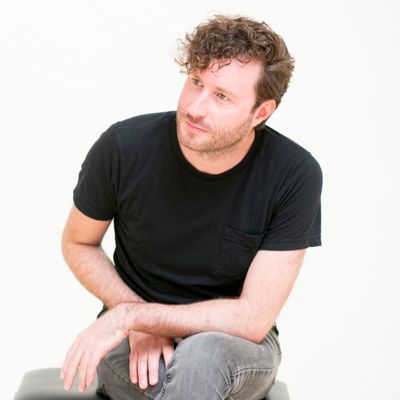
Will Hammond
Director of School of Performance
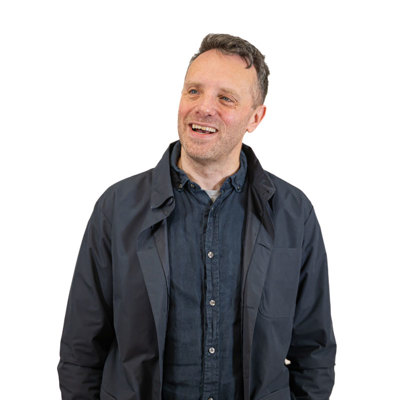
David Salter
Head of Acting
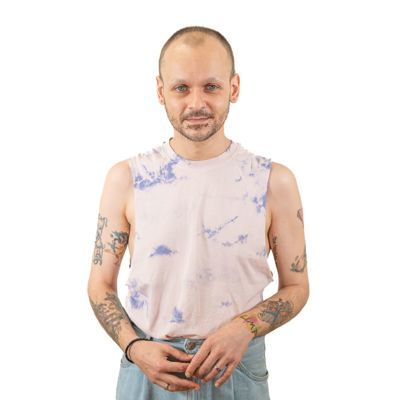
Stuart Crowther
Programme Leader: BA Acting

Beth Vyse
Lecturer
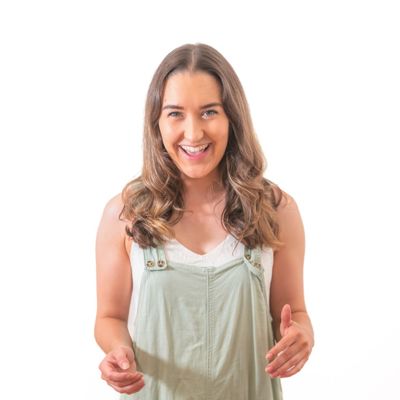
Rosemary Berkon
Teaching Fellow
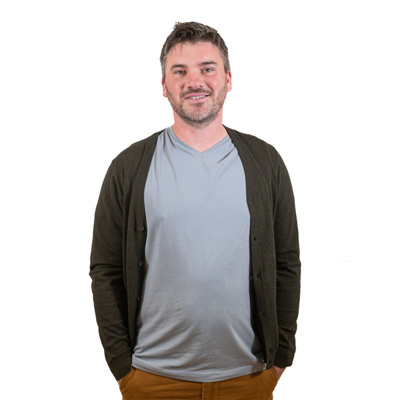
Matthew Dudley
Lecturer
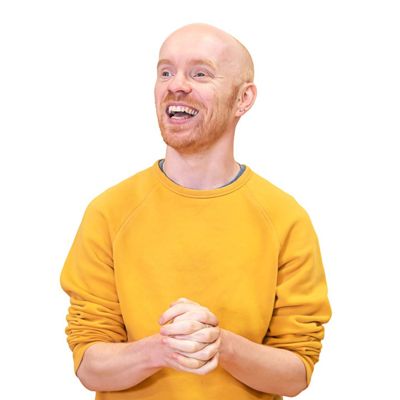
Gary Horner
Programme Leader: MA Acting, Lecturer & Visiting Lecturer
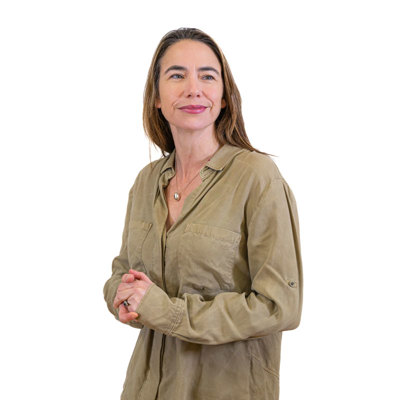
Caroline Martin
Programme Leader: Foundation Acting (Stage & Screen)
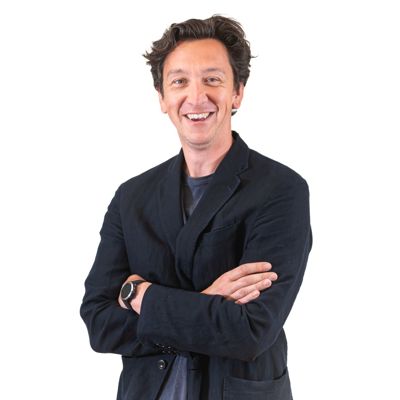
Alan Pearce
Programme Leader: BA Acting (Screen & Digital)
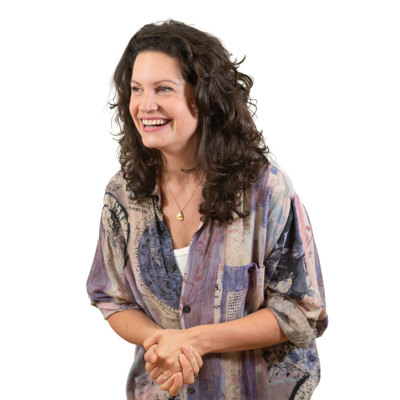
Arabella Gibbins
Teaching Fellow

Paul Doyle
Lecturer
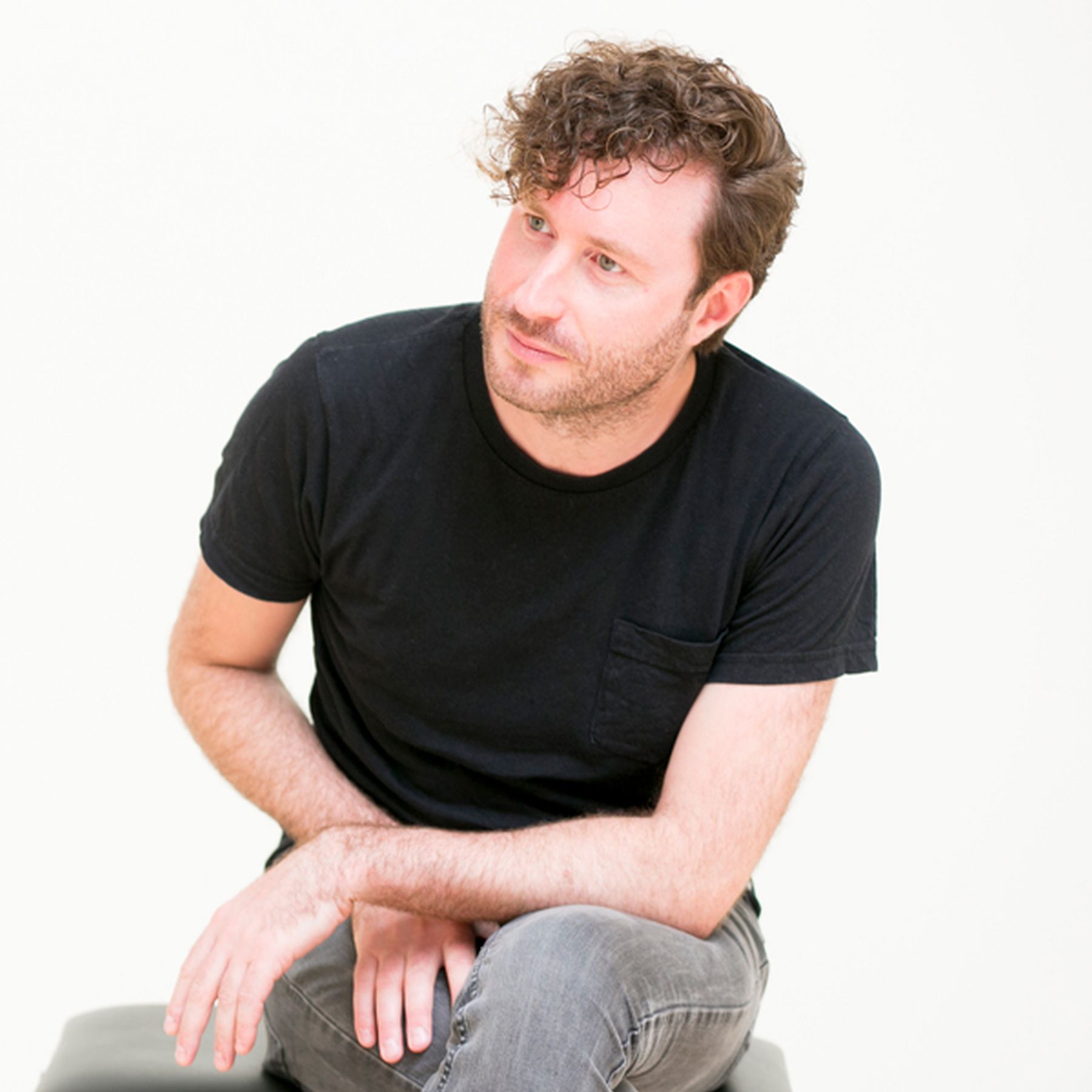
Will Hammond
Director of School of Performance
Will has worked in theatre, TV, film and radio. Having worked across mediums and platforms, Will can support students to become adaptable. His credits include the BBC, Lime Pictures, Greenwich Films, West Yorkshire Playhouse, Paines Plough, Frantic Assembly and Soho Theatre. Will has won the High Sheriff Award for New Writing from the Stephen Joseph Theatre, judged by Sir Alan Ayckbourn. He co-wrote the musical Kate and the Devil, which was shortlisted for the Stiles & Drewe Best New Song Award 2015. He feels it is important for actors to cultivate their own independent approach to acting in preparation for sustainable careers.
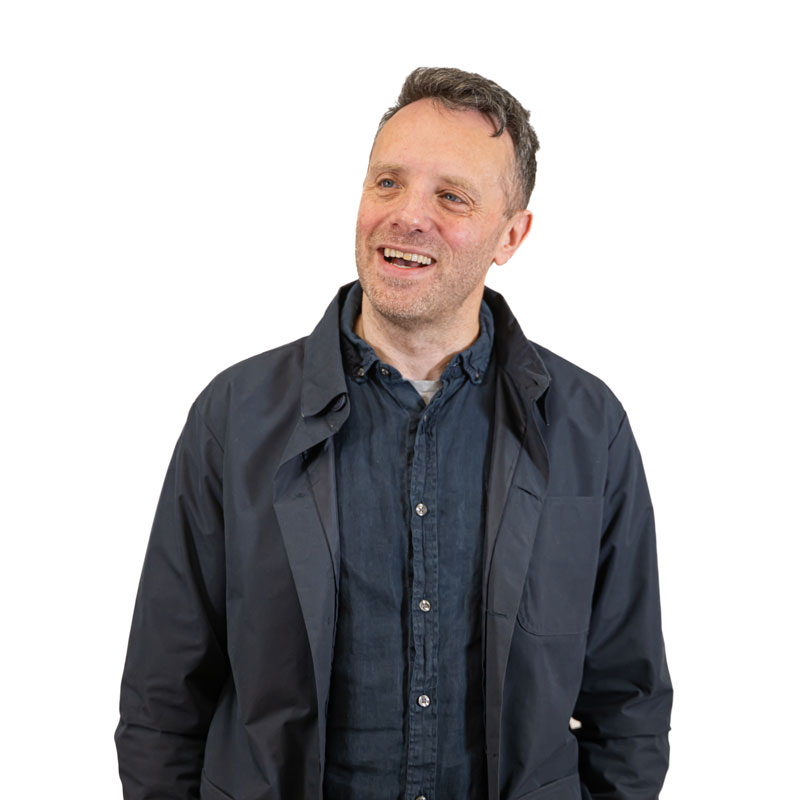
David Salter
Head of Acting
David is an award-winning theatre director and acting teacher.
Previously he has taught and directed at a number of drama schools including RADA, Mountview, Rose Bruford College, Drama Centre, The American Academy of Performing Arts, New National Theatre Drama Studio, Tokyo and the Manchester School of Theatre, where he led the Acting Programme.
David attended the Director’s Course at the Royal National Theatre Studio and has directed productions across the UK and internationally, including Brecht’s The Life of Galileo at the Studio Theatre, Washington DC. David was associate director to Peter Stein on David Harrower’s Blackbird at the Edinburgh International Festival, to Howard Barker on his production of Scenes From An Execution at the Barbican and on numerous productions at the Almeida Theatre including Richard II with Ralph Fiennes and the world premiere of The Shape of Things with Rachel Weisz and Paul Rudd.
publications
Contributor to ‘Actor Trainers on Acting: For The Twenty First Century’ Edited by Professor Anna McNamara for Routledge (upcoming)
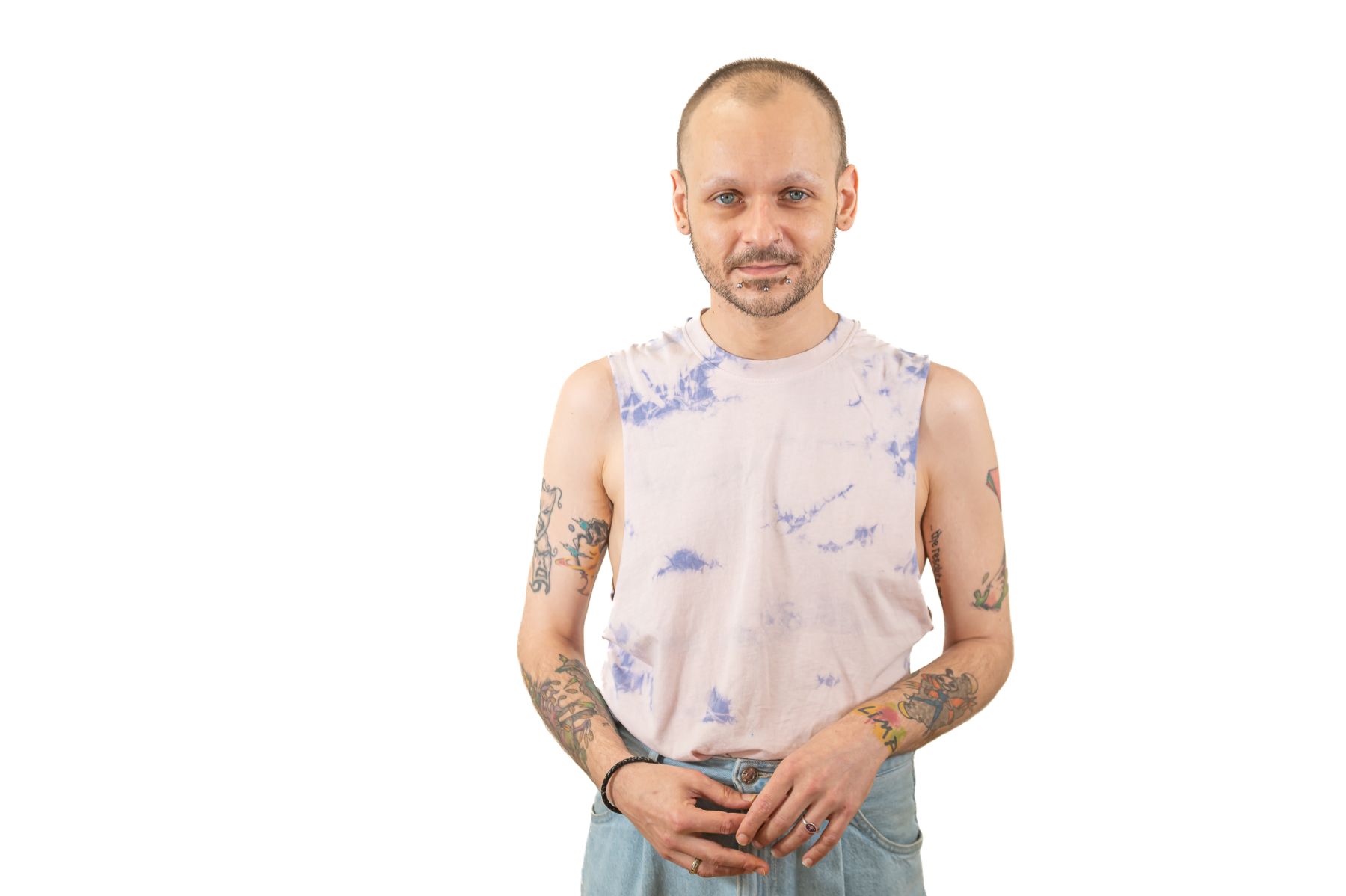
Stuart Crowther
Programme Leader: BA Acting
Stuart (they/them) is an actor, writer, director and drag/performance artist. They trained as an actor at LIPA and completed their postgraduate studies at the University of Manchester and Rose Bruford College. They have appeared in cabaret, fringe theatre, West End productions, TV and film and are an Associate Artist with both All Things Considered Theatre and Threedumb Theatre. Previous work has been seen at the Royal Exchange, Square Chapel, Ambassadors Theatre (West End), Battersea Arts Centre, Unity Theatre, Pleasance (London and Edinburgh), Oldham Coliseum Open Air Theatre.
Most recent credits include - as a writer: Notre Dame de Paris (The Space, Isle of Dogs), DISCO(n)TENT (All Things Considered), as a director: Killer Queen (Sodomite, Hidden, UK tour), Gruesome Playground Injuries, as a performer: Spectrum (Amazon Prime), algebra (Unity Theatre, UK tour). They have taught at several institutions and universities throughout the UK and are a member of LIPA’s Equality, Diversity and Inclusion Committee.
Stuart’s work focuses primarily on the actor as an individual and the unique perspective each person brings to their work on a role. They encourage students to feel empowered through the use of active imagination and engagement with play and make-believe, whilst remaining committed to ‘telling the story’.
Stuart’s career has run the gamut from performing in squats and with political collectives, through to appearing in the West End and in film. They have worn many a hat and donned many a costume, and, because of this, Stuart has a broad understanding of how industry meets artistry. Stuart is committed to passing on the necessity for the actor/performer to develop their own unique voice and to stay true to the stories they want to tell.
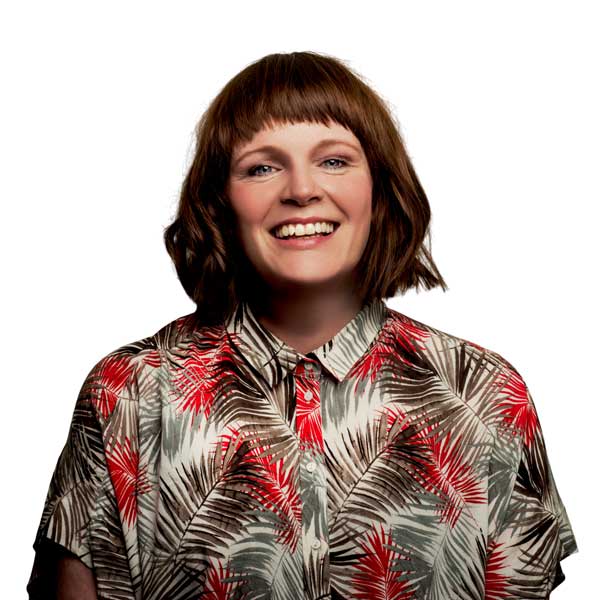
Beth Vyse
Lecturer
Beth is a critically acclaimed and award-winning creator/performer. She recently finished an international tour of her own show As Funny As Cancer, she also has national and regional theatre, global RSC, BBC, and ITV credits to her name. Over the last 20 years she has worked tirelessly within an industry she adores to become an established comedian, director, and lecturer – sharing her wealth of experience to help educate and encourage those with her shared passion for performance.
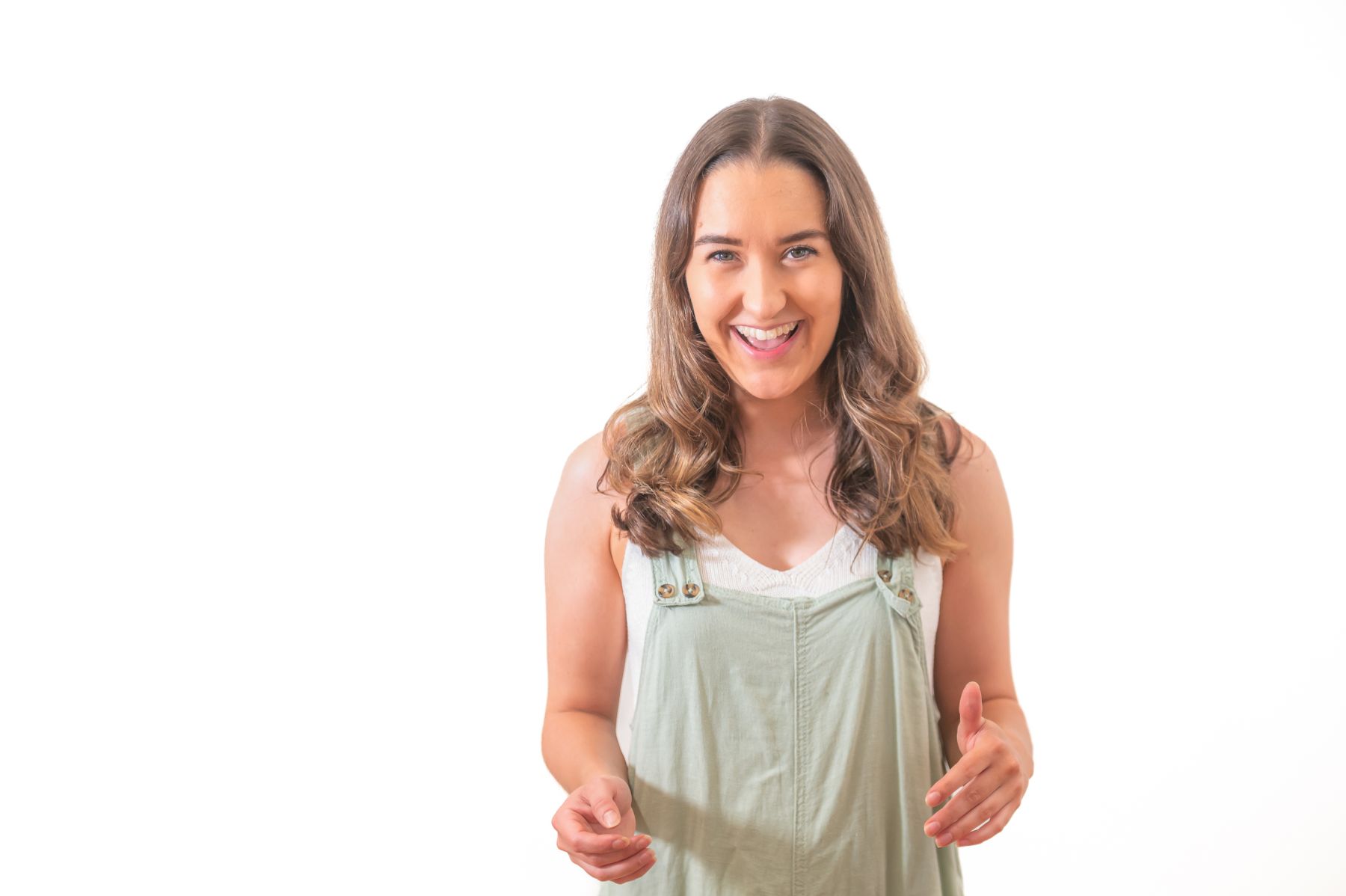
Rosemary Berkon
Teaching Fellow
Rosemary is an actor, voice coach and community facilitator. She trained as an actor at ALRA and as a voice coach at The Royal Central School of Speech and Drama. As an actor Rosemary has toured nationally, performing at venues such as HOME theatre, The Leeds Playhouse, Theatre 503, The North Wall Arts Centre and Manchester Opera House. With a passion for new writing and outreach she has worked as a performer and facilitator to create original work that emphasises community engagement with various theatre companies including Odd Arts, Papatango, Quantum Theatre and Byteback Theatre.
She brings her experience as a performer and facilitator into her teaching, alongside her experience as a private coach, which sees her work with many different voices encouraging confidence and communication. She currently works with clients in preparation for auditions, public speaking (that has included TEDx talks) and at other drama schools.
Rosemary is fascinated by accents, how speech is made and the social implications of teaching this to actors. She is a member of The Voice and Speech Trainers Association, passionate about cutting-edge pedagogy and aims to work with a sense of community and inclusivity in her studio spaces.
Rosemary understands the resilience required to sustain a career in the theatre industry, she endeavours to share with honesty challenges from her professional experience and also her hopes for the future of the creative arts.
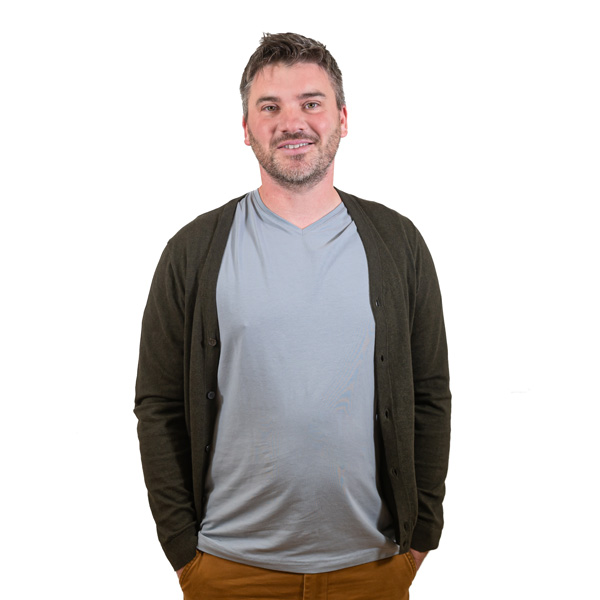
Matthew Dudley
Lecturer
Matthew has taught on and led professional training and degree programmes for over 15 years. After studying at Trinity College of Music and the Guildhall School of Music and Drama, he performed in the UK and in Europe. Matthew has taught voice, text and singing at several respected training institutions, including Guildford School of Acting and Italia Conti, and has delivered workshops throughout the UK for organisations such as Bristol Old Vic Theatre School and the British Voice Association. He is a certified Associate Teacher of Fitzmaurice Voicework and has taught on the certification programme in Los Angeles. His teaching is influenced by his study of classical and contemporary voicework, and incorporates movement work, mindfulness and concepts taken from his study of psychotherapeutic modalities.
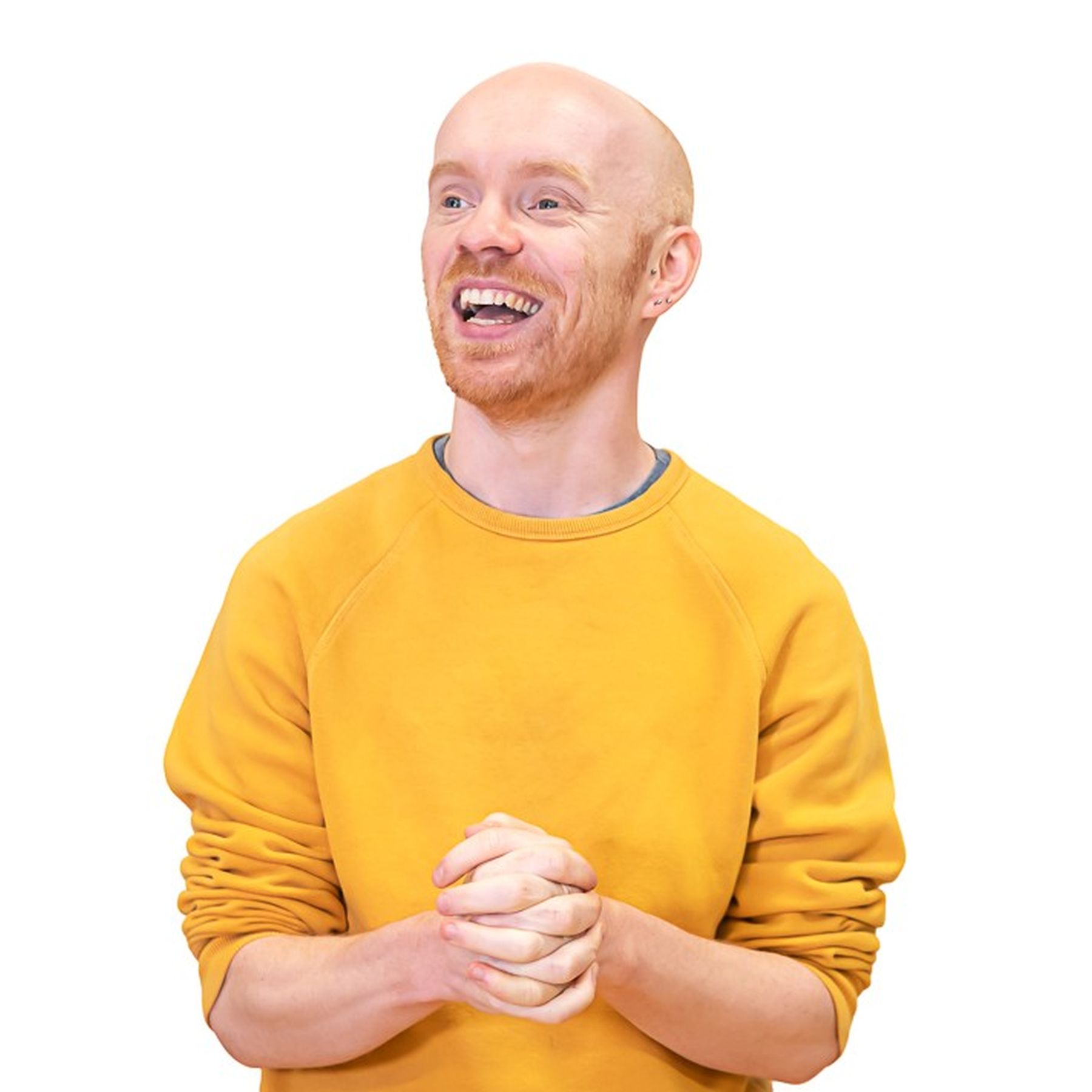
Gary Horner
Programme Leader: MA Acting, Lecturer & Visiting Lecturer
Gary trained as an actor at Guildford School of Acting before going on to work professionally throughout the UK. Subsequently he went on to gain his MA from The Royal Central School of Speech and Drama in Voice studies and trained intensively with author of Freeing the Natural Voice, Kristin Linklater to become a designated Linklater teacher. Gary is an internationally recognised voice coach and director and has worked extensively within the UK Drama School sector.
Alongside being the course leader for the MA in Acting (Company) at LIPA, Gary continues to work professionally as a voice coach and director. Mostly recently, Gary was an associate voice coach on Henry VI part 3 at The Royal Shakespeare Company. Prior to this some of Gary’s credits include Matilda the musical (Cambridge Theatre, London), Acts of Resistance (Bristol Old Vic), The Boy with Two Hearts (Wales Millennium Centre / The Royal National Theatre), Brainstorm (The Royal National Theatre), Sour Lips (Oval House Theatre), The Arsonists (Watford Palace Theatre), Bush Bazaar (The Bush Theatre), Romeo and Juliet (The Chocolate Factory), Titus Andronicus (Bedlam Theatre/UK TOUR), In His Image (Hampstead Theatre), Reverie (Pleasance Theatre), Hello, Mr Capello (Watford Palace Theatre).
Gary oversees the development and delivery of the MA Acting (Company) course, as well as delivering across the BA and Foundation courses within the Acting department. He directs projects, final year productions and teaches technical voice and voice into text.
Working within the theatre industry with some of the biggest theatre companies and theatres around the UK allows Gary to understand the current trends within the professional sphere and ensures that the training he delivers at LIPA is relevant and fully prepares students for entering into the acting industry.
Publications/research
A non-elitist approach to Professional Development in Actor Training - Drama and Theatre Publication – Summer Term 1 – 2019/20 (Publication)
Northern Centre for Voice and Movement bringing Cultural Capital to a forgotten land – International Network for Voice Symposium – 2019 (Presentation)
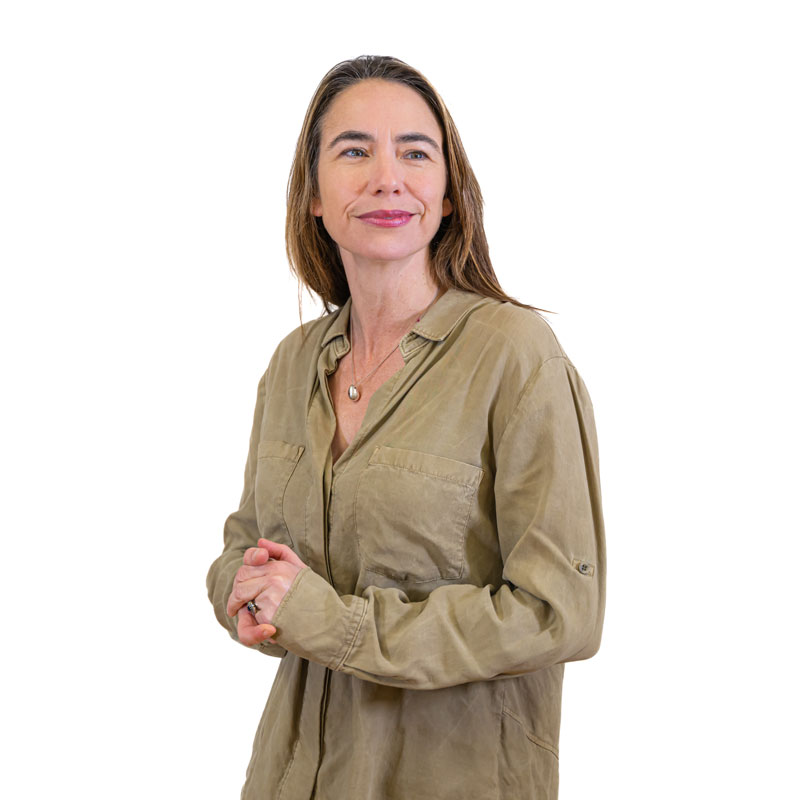
Caroline Martin
Programme Leader: Foundation Acting (Stage & Screen)
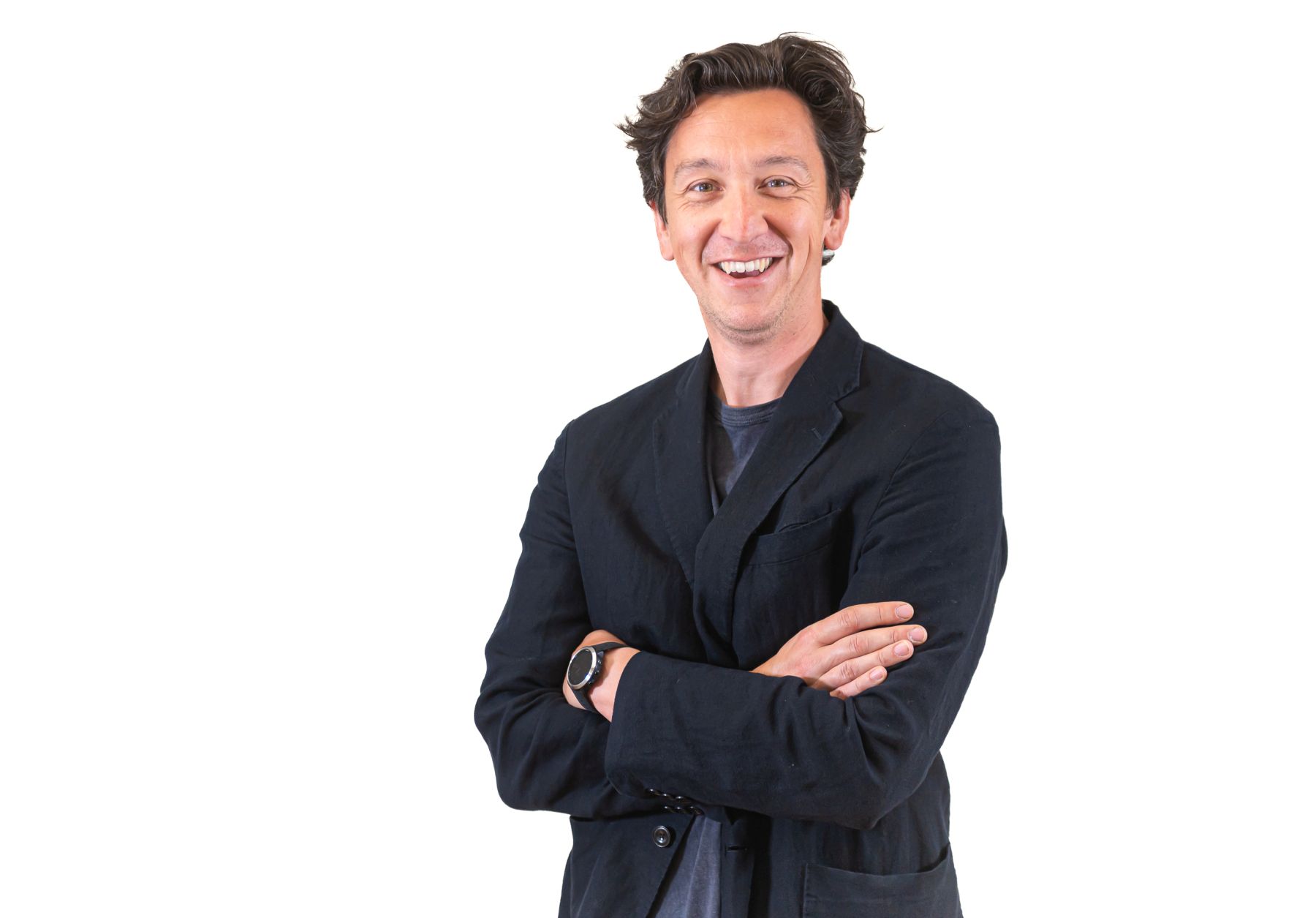
Alan Pearce
Programme Leader: BA Acting (Screen & Digital)
Alan has worked as an actor for 20 years; in live performance at The National Theatre for Nicholas Hynter and in the West End for Rupert Goold; on film in Star Wars: Rogue One; Darkest Hour with Gary Oldman; on TV in Black Mirror and in season 2 of His Dark Materials. Alan has taught screen acting for 10 years at LAMDA and UCA, gaining a PGCert in Arts education in 2018; writing and directing over 15 short films for training actors.
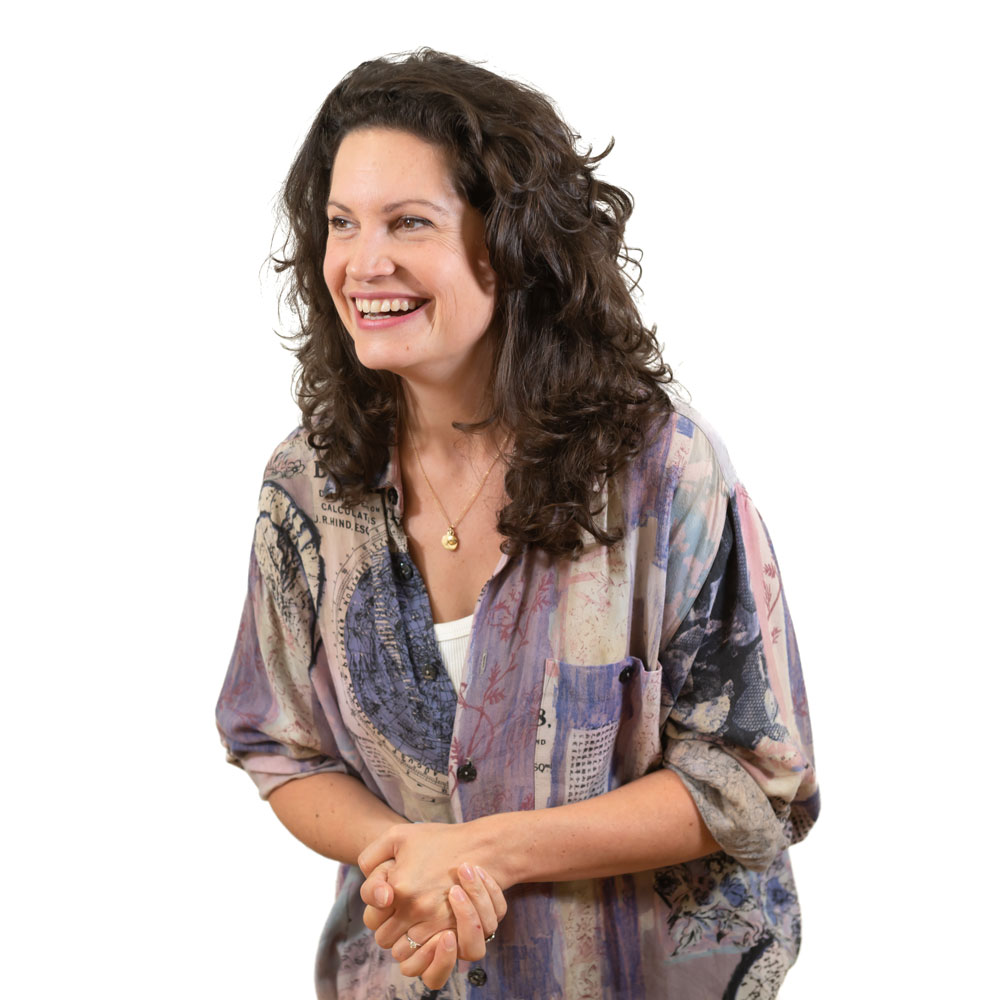
Arabella Gibbins
Teaching Fellow
Arabella is an actor, voice-over artist and voice coach. Her one-woman show Big Bad won an Origins Award for Outstanding New Work and is touring this summer. Arabella is a singer-songwriter, musical comedienne and she’s even done backing vocals for Robbie Williams. As a professional performer Arabella understands the demands of the industry. Her valuable experience on stage and in the vocal booth means she is informed and knowledgeable in the rehearsal room.
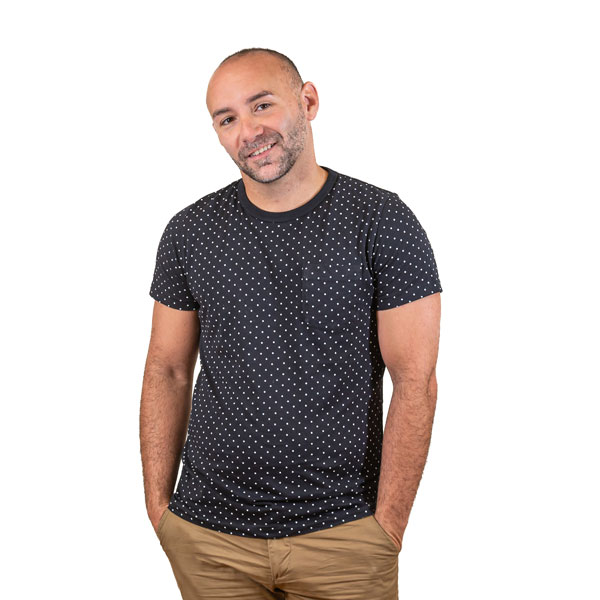
Paul Doyle
Lecturer
What Our
Graduates Do
Working as performers, directors, writers, producers and running their own companies, their career achievements have included:
Amy Murphy (2020)
Joined the cast of BBC’s Holby City in 2021, playing the regular role of nurse Kylie Maddon.
Theo Nate (2020)
Laenor Velaryon in the Game of Thrones prequel, House of the Dragon.
Greg Jones (2019)
Winner of a BBC Carleton Hobbs Bursary Award. Radio credits include Elsinore, Middlemarch, A Charles Paris Mystery and The Archers. Voiced one of the government/NHS COVID-19 information films.
Jessica Reynolds (2019)
Malva Christie in Outlanders for Starz, title role in feature film The Ballad of Audrey Earnshaw and the pivotal role of Rachael in BBC comedy My Left Nut.
Ebony Jonelle (2018)
Appeared in Top Girls at the National Theatre, played Rosalind in the National's As You Like It at Queen’s Theatre, Hornchurch. Performed in the UK and Ireland tour of Les Misérables, making her West End debut in the socially-distanced concert performance.
Sade Malone (2018)
TV roles in BBC comedy My Left Nut, The Queen and I and Casualty. Recorded multiple radio dramas for the BBC and was nominated for best debut in the 2020 BBC Audio Drama Awards.
Joelle Brabban (2017)
Played Emilie in the national tour of War Horse and leading roles in the 2019 season of Theatre by the Lake. Recent credits include Derby Theatre’s Little Mermaid online and online reading of The Odyssey with Jermyn Street Theatre.
Rachelle Diedricks (2017)
Played Debbie in Take That musical The Band UK tour and West End and was a member of the cast of Harry Potter and The Cursed Child, West End.
Ash Matthews (2017)
The ABC Murders and Doctors for the BBC and The Alienist for Netflix.
Stephen Smith (2017)
Established Threedumb Theatre with other graduates, they produced Six Plays One Day, a showcase for new writing at Tristan Bates Theatre. His credits include the acclaimed one-man show Dog/Actor. Streamed a series of performances during lockdown including 2021 OnComm finalist, Within.
Jurell Carter (2016)
Plays regular Nate Robinson in Emmerdale for ITV.
Leanne Best (2002)
Cold Feet for ITV, Tin Star for Sky Atlantic and Line of Duty and Four Lives for the BBC.
Jamie Lloyd (2002)
Artistic director of Jamie Lloyd Company.
Adam Penford (2001)
Artistic director, Nottingham Playhouse
Gallery
Educational qualifications are important but limited in what they can tell us about you.
Your natural ability, your fit with what and how we teach, your growth and your potential are also key factors in our admission process. We can’t evaluate these solely on your educational achievements, so no matter which course you are applying for, we look for the following attributes on your application and at the interview stage.
Additional Costs
As part of this course, there are likely to be some additional costs that are not included within your tuition fees. Many of these are optional. After you accept our offer, we'll send you a list of books and equipment that we'd like you to bring. We recommend that you bring specific clothing and footwear for your practical classes. These are standard items of clothing that you will need as a working actor.
Here are the key course-related costs that we'd expect you to pay during your three years with us, in addition to your tuition fees:
Headshots and joining Spotlight
Headshots are vital marketing tools. In your final year, you need to invest in headshots to present yourself as a professional. We encourage you to undertake research into which photographer to work with. We will also offer guidance and support you through this process. Our students typically pay around £80 to £120 for their headshots. Professionally taken headshots can cost over £300 in London. It is compulsory for you to supply a headshot so you can take part in the showcases which are an assessed part of the course.
Being a member of Spotlight is important for finding work in the UK, so you will need to join in your final year. (The Actors Spotlight Membership fee costs just over £150).
Showcases
The majority of the costs for your final year North West and London showcases are included in your tuition fee. We provide you with both a travel allowance and food allowance for your showcases, but we don't pay for overnight accommodation costs. Most of our students stay with friends or alumni. The showcase is an assessed part of the course so taking part in the showcase is compulsory.
Seeing shows
You should go to the theatre as often as you can. This is not compulsory, but it will help your development as an actor. Theatre visits are not covered by your tuition fees, so you'll need to cover these costs yourself. Most theatres offer student discounts and we are occasionally offered a limited number of free or discounted tickets for shows in the city. We also encourage you to see other actors performing in our shows. We offer discounted student tickets to make this as affordable as possible.
Optional stage combat training
During one of the vacations, we usually bring in a stage combat tutor for those of you that want to put yourselves forward for a qualification in this to add to your CV. You have to pay an examination fee and the cost for the training is shared between all of the students who undertake it. This opportunity is open to second- and third-year students This is not a compulsory part of the course.
Visits (local)
We will sometimes work outside of the campus or visit locations around Liverpool and surrounding areas to support project work or enhance technical study (for example: location shoots for screen projects, visiting places of historical interest for contextual studies). These vary depending on the requirements of specific projects at different levels of study. If applicable, they will mostly be free of charge, though they may, on occasion, incur a small travel cost. This will be discussed with you prior to any such event and are not compulsory.
Trips / Performance Opportunities (U.K. and International)
On occasion, students may be invited to take part in national or international training or performance opportunities. Previous such visits have included Sibiu International Theatre Festival (Romania) and Theatre Olympics (Budapest). These are not compulsory and opportunities to participate are often via audition. Where possible, travel and accommodation are covered; in such cases where this is not possible, some costs may be incurred. These will be discussed in advance, if applicable, and every effort made to source assistance.
Cost of living
Wherever you choose to study, you'll have to budget for accommodation and other everyday living expenses, such as food and bills.
Accommodation in Liverpool costs are relatively low, particularly compared to the south east of England, and the city's shops and entertainment venues also have lots of student discounts.
We’d recommend completing a simple budget plan to predict your income and outgoings. This should include accommodation, bills, insurance, TV licence, food, laundry, clothes, books, travel and socialising. How much you'll want to spend on a lot of these is completely personal.
There is lots of advice available online about budgeting:
- UCAS budget calculator is a great tool to help you balance your in-comings and out-goings.
- SaveTheStudent provides useful information on student money resources, including loans, budgeting, and scholarship sources.
Most UK students will be able to take out a maintenance loan to assist with living costs and there are some grants available. We also offer some bursaries. To find out more, please see Student Finance and bursaries.
Because our courses are intensive and we have a busy season of student performances, options for part-time work during our teaching periods can be limited. However, many of our students gain flexible part-time work, in performance venues, shops, restaurants and bars. We also provide casual work opportunities for our students ranging from stewarding work on our productions to working with young people to help us widen access to our courses. The long summer break is when many of our students choose to work.
Additional Costs
As part of this course, there are likely to be some additional costs that are not included within your tuition fees. Many of these are optional. After you accept our offer, we'll send you a list of books and equipment that we'd like you to bring. We recommend that you bring specific clothing and footwear for your practical classes. These are standard items of clothing that you will need as a working actor.
Here are the key course-related costs that we'd expect you to pay during your three years with us, in addition to your tuition fees:
Headshots and joining Spotlight
Headshots are vital marketing tools. In your final year, you need to invest in headshots to present yourself as a professional. We encourage you to undertake research into which photographer to work with. We will also offer guidance and support you through this process. Our students typically pay around £80 to £120 for their headshots. Professionally taken headshots can cost over £300 in London. It is compulsory for you to supply a headshot so you can take part in the showcases which are an assessed part of the course.
Being a member of Spotlight is important for finding work in the UK, so you will need to join in your final year. (The Actors Spotlight Membership fee costs just over £150).
Showcases
The majority of the costs for your final year North West and London showcases are included in your tuition fee. We provide you with both a travel allowance and food allowance for your showcases, but we don't pay for overnight accommodation costs. Most of our students stay with friends or alumni. The showcase is an assessed part of the course so taking part in the showcase is compulsory.
Seeing shows
You should go to the theatre as often as you can. This is not compulsory, but it will help your development as an actor. Theatre visits are not covered by your tuition fees, so you'll need to cover these costs yourself. Most theatres offer student discounts and we are occasionally offered a limited number of free or discounted tickets for shows in the city. We also encourage you to see other actors performing in our shows. We offer discounted student tickets to make this as affordable as possible.
Optional stage combat training
During one of the vacations, we usually bring in a stage combat tutor for those of you that want to put yourselves forward for a qualification in this to add to your CV. You have to pay an examination fee and the cost for the training is shared between all of the students who undertake it. This opportunity is open to second- and third-year students This is not a compulsory part of the course.
Visits (local)
We will sometimes work outside of the campus or visit locations around Liverpool and surrounding areas to support project work or enhance technical study (for example: location shoots for screen projects, visiting places of historical interest for contextual studies). These vary depending on the requirements of specific projects at different levels of study. If applicable, they will mostly be free of charge, though they may, on occasion, incur a small travel cost. This will be discussed with you prior to any such event and are not compulsory.
Trips / Performance Opportunities (U.K. and International)
On occasion, students may be invited to take part in national or international training or performance opportunities. Previous such visits have included Sibiu International Theatre Festival (Romania) and Theatre Olympics (Budapest). These are not compulsory and opportunities to participate are often via audition. Where possible, travel and accommodation are covered; in such cases where this is not possible, some costs may be incurred. These will be discussed in advance, if applicable, and every effort made to source assistance.
Cost of living
Wherever you choose to study, you'll have to budget for accommodation and other everyday living expenses, such as food and bills.
Liverpool is one the UK's cheapest student cities. Accommodation costs are relatively low, particularly compared to the south east of England, and the city's shops and entertainment venues also have lots of student discounts.
We’d recommend completing a simple budget plan to predict your income and outgoings. This should include accommodation, bills, insurance, TV licence, food, laundry, clothes, books, travel and socialising. How much you'll want to spend on a lot of these is completely personal.
There is lots of advice available online about budgeting:
- UCAS budget calculator is a great tool to help you balance your in-comings and out-goings.
- SaveTheStudent provides useful information on student money resources, including loans, budgeting, and scholarship sources.
Most UK students will be able to take out a maintenance loan to assist with living costs and there are some grants available. We also offer some bursaries. To find out more, please see Student Finance and bursaries.
Because our courses are intensive and we have a busy season of student performances, options for part-time work during our teaching periods can be limited. However, many of our students gain flexible part-time work, in performance venues, shops, restaurants and bars. We also provide casual work opportunities for our students ranging from stewarding work on our productions to working with young people to help us widen access to our courses. The long summer break is when many of our students choose to work.
Additional International student costs
UKVI English language requirements
If you are not from a majority English speaking country (as determined by UKVI), you will be required to establish to LIPA that you meet UVKI minimum standards for English language before getting a Confirmation of Acceptance for Studies (CAS) number. The CAS number we issue you allows you to begin the visa application process. There is no requirement for a student to evidence their English language qualification at the point of application, audition or interview.
Students who accept a place on Certificate of HE Foundation Acting (Musical Theatre) or Certificate of HE Foundation Acting (Stage & Screen) must sit a UKVI-approved Secure English Language Test (SELT). The cost of a SELT can range from approximately £180 - £250. You may also incur travel costs to your closest test centre.
Students who accept a place on an undergraduate or postgraduate course may have the opportunity to evidence their English language through a qualification from another country which meets LIPA’s assessment of its academic suitability, take a UKVI-approved Secure English Language Test (SELT), or completing and passing a LIPA Institutional Assessment of English. The cost of a SELT can range from approximately £180 - £250. You may also incur travel costs to your closest test centre. A LIPA Institutional Assessment of English is free of charge.
Student visa
All international students who do not hold a United Kingdom of Great Britain and Northern Ireland passport; a Republic of Ireland passport; or EU Settled Status (EUSS), will require a Student visa to study in the UK.
The Student visa application fee in 2025 was £490. Some students will need to have their biometrics taken as part of the visa application process and this may incur additional costs, notably travel costs to your nearest Visa Application Centre.
In addition to the application fee, you are required to pay the Immigration Health Surcharge, which gives you access to the UK’s National Health Service (NHS). Once your course starts, any medical treatment you require in the UK will be free of any further charges if you use the NHS, just as it is for UK nationals. The surcharge is compulsory, even if you hold private healthcare insurance. 2025 surcharge costs were as follows:
- Foundation and Certificate of HE programmes: £776
- Undergraduate (BA) programmes: £2,716
- Postgraduate (MA) programmes: £1,164
The surcharge will give access to NHS healthcare services from your arrival in the UK until the date your visa expires.
Accommodation
Some accommodation providers may require international students to pay a larger deposit, or pay for their accommodation in fewer, larger instalments. This is something individual students will need to discuss with their accommodation provider.
View the programme specification on the LJMU course catalogue here






